On 25-27 October, the 17th edition of the European Computer Science Summit (ECSS 2021) took place in Madrid, co-organised by Escuela Técnica Superior de Ingenieros Informáticos, Universidad Politécnica de Madrid, supported by CODDII – Spanish Council of Deans of Informatics and sponsored by IBM.
For the first time in its history, this year’s ECSS was held as a hybrid event, allowing deans, academic leaders, all levels of researchers, public policymakers, and industry representatives across and beyond Europe to gather in person in Madrid and virtually via Zoom to discuss the main theme of this year’s summit: “Informatics for a Sustainable Future”.
A special session for new Informatics Europe (IE) members in 2021 was held before the official opening of ECSS 2021 on 25 October. New IE members were welcomed by Prof. Enrico Nardelli, IE President, Ms. Nuria Anguera, IE Executive Director, and Prof. Kim Mens, IE Board Member who is in charge of IE member recruitment and relations. A detailed overview of IE activities and member benefits was presented during this special session. New members also got the chance to express their expectations and ideas of collaborations and contributions with IE.
Following the special session, ECSS 2021 was officially opened by Prof. Guillermo Cisneros, Rector of Universidad Politécnica de Madrid (UPM), Prof. Enrico Nardelli, IE President, and Prof. Ana Isabel Cremades Rodriguez, General Director for Research and Technological Innovation (Regional Madrid Government). After the ceremony, ECSS 2021 kickstarted with two workshops, Leaders Workshop and Early Career Researchers Workshop, running in parallel.
Leaders Workshop
As one of the inaugural workshops at ECSS 2021, this year’s Leaders Workshop was chaired by Prof. Harald Gall from the University of Zurich, and Prof. Manuel Carro from ETSIINF (UPM) and IMDEA Software Institute. The theme of this year’s workshop was “Open Science and its Impact on Research and Career Development”.
The workshop was divided into three sessions featuring Open Science experts such as Prof. Roberto di Cosmo from INRIA and Prof. Arthur Lupia, Assistant Director from the US National Science Foundation (NSF), who shared their knowledge and experiences through interactive presentations and discussions with the audience.
Prof. Roberto Di Cosmo shared his view of access to source code as one of the pillars of open science, given the pervasive role that code has nowadays not only in computer science but also in other disciplines. He gave details of Software Heritage, one of the infrastructures that make this possible, and which is being supported by both public institutions and private companies.
The second session, shared with the Early Career Researchers Workshop, was a lively panel focused on the role that Open Science can have in the evaluation of careers in the future. It was especially interesting the exercise led by Prof. Yves Deville from UC Louvain where the audience was divided into a “Dystopia” and a “Utopia” group who tried to identify problems in Open Science and come up with solutions for them or measures to prevent them in the first place.
To conclude the workshop, Prof. Arthur Lupia gave very valuable insights on how Open Science is handled by the NSF, a US government agency. He explained why it is necessary, in view of the current scientific development, and what measures are enforced at the NSF to make sure that publicly funded science is available for everyone to access.
Early Career Researchers Workshop
As the other inaugural workshop of ECSS 2021, this year’s Early Career Researchers Workshop was chaired by Prof. Elisabetta Di Nitto from Politecnico di Milano, and Prof. Standa Živný from the University of Oxford.
To support early career researchers (Ph.D. students and Postdocs) in the development of their soft skills, this year’s workshop started with a session of keynote speeches where Prof. Geraldine Fitzpatrick from TU Wien drew out some key lessons towards more skillful and careful leadership in research, Prof. Lynda Hardman from CWI and Dr. Justyna Petke from University College London shared with participants their experiences and tips of becoming successful scholars to date, while Prof. Wolfgang Emmerich from University College London & Zuhlke Group presented theirCovid-19 app, built for the NHS in England and Wales, as an example of moving the research into industry.
The workshop continued with a shared session with Leaders Workshop, to learn about Open Science and its impact on career development (see above), followed by a session featuring open discussions with industrial guests Ruoyi Zhou from IBM Research Europe – Dublin, Nuria de Lama from Atos and Big Data Value Association, and Africa Real from HP Digital Platforms & Design Lab R&D. Participants got a brief general introduction to the companies as well as answers to questions such as what it means to do research in industry or in which positions is a PhDs most valuable within industry.
Through all workshop activities, participants got the opportunity to share their thoughts and expectations concerning their career whereas the speakers offered their insider tips, shared their rich experience and valuable advice in return. The workshop was followed by a poster session during the welcome cocktail, where PhDs and Postdocs had the opportunity to present their research and got constructive feedback from the broader ECSS audience.
The papers submitted by workshop participants have also been collected and published as proceedings here.
The presence of PhDs and Postdocs has introduced an important change in the typical ECSS audience composed of senior researchers and professors and has been a step toward the creation of new Informatics Europe services and fora, specifically devoted to the younger academic generations. We are sure that, on the one side, PhDs and Postdocs will benefit from being in touch with more experienced colleagues and, on the other side, their presence at the conference will bring new energy and ideas into Informatics Europe association, thus enabling new development opportunities.
Scientific Main Theme – “Informatics for a Sustainable Future”
The second day of ECSS 2021 started with the Scientific Main Theme session, chaired by Prof. Dick Bulterman from CWI/VU Amsterdam and Prof. Michèle Weiland from EPCC – University of Edinburgh.
This year’s topic is “Informatics for a Sustainable Future”. Sustainability is a broad topic that encompasses many concerns. In the session, a broad-brush approach was taken, highlighting four areas of concern.
Prof. Lorenz Hilty from the University of Zurich started the session with an excellent overview of the environment and technical issues of sustainability. We heard about power consumption, resource use, and the expectations and limits for growth. While there are no silver bullets, there is every reason to think that change is possible if we also want to change.
Next, Prof. Max Mühlhäuser from the Technical University of Darmstadt considered the sustainable management of the massive amounts of data that is being presented to the user (and through which a user is expected to navigate, now and in the future). The central theme was that if you don't want to be a slave of data, then you have to be able to interact with it - in many dimensions, with many devices, and especially free from the glass wall that has separated users from information for more than five decades.
After a short break, Prof. Marina Jirotka from the University of Oxford explained the issues of linking long-term sustainability with the process of performing responsible research. Using methods and tools developed by partners in the UK and the EU, the audience was led through a process-oriented tour of how responsible research initiatives can transcend 'research marketing' and help build long-term trust relationships that are essential to keeping research relevant, understood, and accepted.
The final talk of the session came from Prof. Frank van Harmelen from VU Amsterdam. Using AI as an example application area, he described not only the problems of trust that new algorithmic systems bring with them, but also considered how this trust could be restored. The key takeaway was the need to integrate human and machine intelligence, to make results understandable, and not to place disciplines against each other, but to work as partners in approaching tangible real-world problems.
Many of these themes were revisited during an interactive discussion with the two speakers in the room (Hilty and Van Harmelen) and the two who joined us remotely (Mühlhäuser and Jirotka). We reflected on the values developed in each talk and considered the application of sustainability to a wide range of fundamental problems in Europe and elsewhere.
Awards Session
Each year at ECSS we celebrate institutions and teams who have outstanding contributions to Informatics in the aspects of education and gender balance. This year we were pleased to announce at our special award ceremony that CINI Cybersecurity National Laboratory from Italy won the IE 2021 Best Practices in Education Award, and the EPSRC Centre for Doctoral Training (CDT) in Robotics and Autonomous Systems won the IE 2021 Minerva Informatics Equality Award.
Prof. Paolo Prinetto, Director of CINI Cybersecurity National Laboratory, joined us at the award ceremony virtually to present their winning program “CyberChallenge.IT”, whereas Ms. Claire Ordoyno, Business Development Executive of the EPSRC Centre for Doctoral Training in Robotics and Autonomous Systems, joined us in person to receive the award on behalf of their Centre and presented the scope and impact of their winning actions. A special shout-out was also given to Hochschule Bremen for their submission to this year’s Minerva Informatics Equality Award – their innovative single-sex bachelor’s program was given a runner-up recognition of this year’s Award.
Dialogue with Members - Informatics Europe Activities and Outcomes
Every year a special session is held during ECSS, where we offer networking opportunities for IE members, keep them informed of our main activities and outcomes as well as remind them about the possibility to propose and contribute to future IE missions and projects. This year we had this special “Dialogue with Members” session on Tuesday, 26 October, afternoon.
We began the session with the latest update of our membership base. As of October 2021, our IE Community consists of 160 member institutions across 34 countries, joining forces to raise the voice of the European Computer Science community in promoting concerted positions and acting on shared priorities in the areas of education, research, knowledge transfer, and social impact of informatics. Also joining us new are two IE office staff members: Ms. Nuria Anguera as the new IE Executive Director from March and Ms. Kit Wan Chui as the new Communication and Administration Specialist from July. The session was then followed by presentations of our main working groups, namely Education, Social Impact, Diversity, Data Analysis & Reporting, Policy Recommendations, and Other Services. The Board member working on each of the areas presented an overview of the latest achievements as well as main targets for 2022 while encouraging and appreciating all IE members for their proactive participation in our different working groups, their help in disseminating our messages, and activity announcements among their networks as well as their contribution in bringing more peer institutions on board.
To close the afternoon, the Informatics Europe Annual General Assembly was held, where members voted for Board in effective for a two-year term from January 2022 to December 2023, approved the financial audited report 2020, the IE membership fees review, and the provisional budget 2022.
WIRE-EUGAIN Workshop
WIRE-EUGAIN Workshop was held as one of the parallel workshops on the final day of ECSS 2021. Despite all the uncertainties connected to COVID-19 pandemic, the workshop attracted close to 100 participants and 20 speakers from the whole world. This year’s workshop theme was “Sustainability and Gender Balance – How to Retain Girls and Women in Computer Science” and consisted of five sessions.
In the first session chaired by Prof. Letizia Jaccheri, Action Chair of EUGAIN and professor of Norwegian University of Science and Technology, Ms. Mina Stareva from the European Commission presented a talk on “EU Support for Sustainable Gender Equality in Research and Innovation in Informatics” and gave the status of work at the commission and of related projects.
In the second session “From School to University” chaired by Dr. Monica Landoni from Università della Svizzera italiana, scholars from Bangladesh, Slovakia, Turkey, and the U.S. shared their experiences and strategies in empowering and retaining girls in informatics education through different stages of school life.
In the third session “From Bachelor and Master to Ph.D. chaired by Prof. Erika Abraham from Aachen University, speakers from Portugal and Germany presented common challenges women face in academia as well as the influence of different problem-solving styles in gender inclusion in computer science education.
In the fourth session “From Ph.D. to Professor” chaired by Prof. Steve Kremer from LORIA, Prof. Geraldine Fitzpatrick from TU Wien shared with us her experience paving her path towards a sustainable and rewarding career in informatics research and education.
The workshop was concluded by the final session “Diversity and Sustainability in Computer Science” chaired by Prof. Lynda Hardman from CWI and Utrecht University. She was joined by panelists from five different universities in four different countries who shared their stories and ideas of supporting women in computing.
The workshop was closed by Patricia Lago, STSM Coordinator, Maria Roussou, Science Communication Manager, and Barbora Buhnova, Vice-Chair and ITC Conference Coordinator who inspired the audience to the next wave of work to build on the fundaments of EUGAIN and WIRE.
National Informatics Associations Workshop
Also held on the final day of ECSS 2021 was the annual National Informatics Associations Workshop, chaired by Prof. Pekka Orponen from Aalto University. The half-day morning session was dedicated to the theme of ‘Research Evaluation in Informatics’. The session followed up on an initiative launched at the NIA meeting in Zurich in 2019 that aims to combine bibliographic data from the DBLP database and citation data provided by the Initiative for Open Citations (I4OC) to create a high-quality citation index addressing specifically the Informatics literature. The discussions at the session were informed by presentations from DBLP, I4OC, and the EOSC association, with commentaries from the publishers Elsevier and Springer Nature. A draft of an open letter to invite all publishers to join the effort was introduced and presented for feedback to the participants. The revised letter will be sent to all National Informatics Associations with a request for consent and signatures, and will then be published to the community at large for further expressions of support.
The afternoon session of the workshop returned to the theme of ‘Informatics in Interdisciplinary Curricula’ that was opened up at the ECSS 2020 NIA meeting. A summary of a recent data collection effort on the role of Informatics in interdisciplinary curricula across Europe was presented, and the National Informatics Associations representatives at the workshop provided comments and suggestions for further work on the initiative. A next meeting in Zurich in March 2022 was agreed upon, to discuss further topics of common interest, including possible curricular recommendations for interdisciplinary contexts.
ECSS 2022 in Hamburg, Germany
The next Summit, ECSS 2022, will be held in Hamburg, Germany, 24-26 October, co-hosted by the University of Hamburg. It will be again a unique opportunity to join your international peers to debate the future of Informatics and contribute to a stronger European Informatics community.
Save the dates on your calendar: ECSS 2022, 24-26 October 2022 – we look forward to welcoming you again at the annual European Computer Science Summit next year!
To revisit the ECSS presentations, please check out the slides now available on our conference schedule webpage. We are working on the editing of the session videos, which will also be available at a later stage.
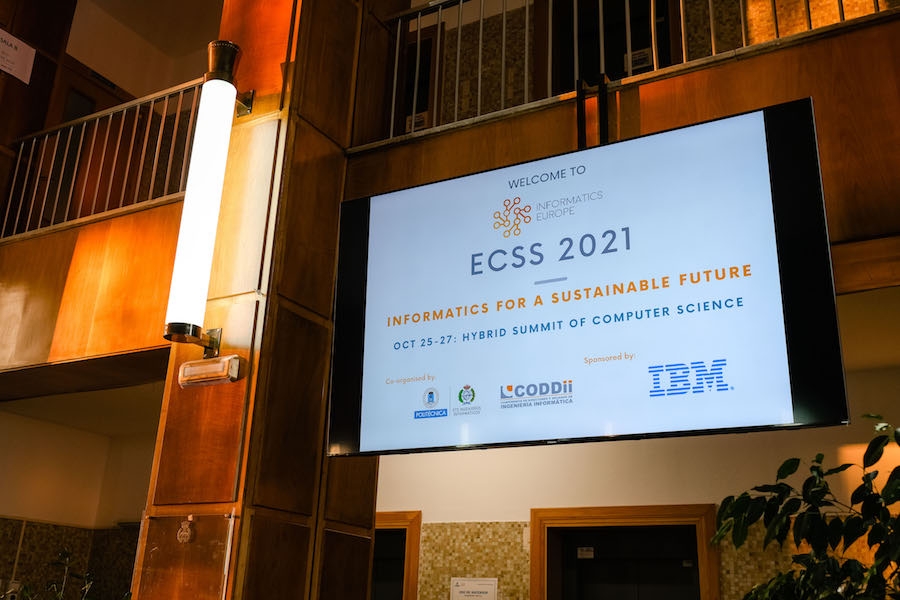
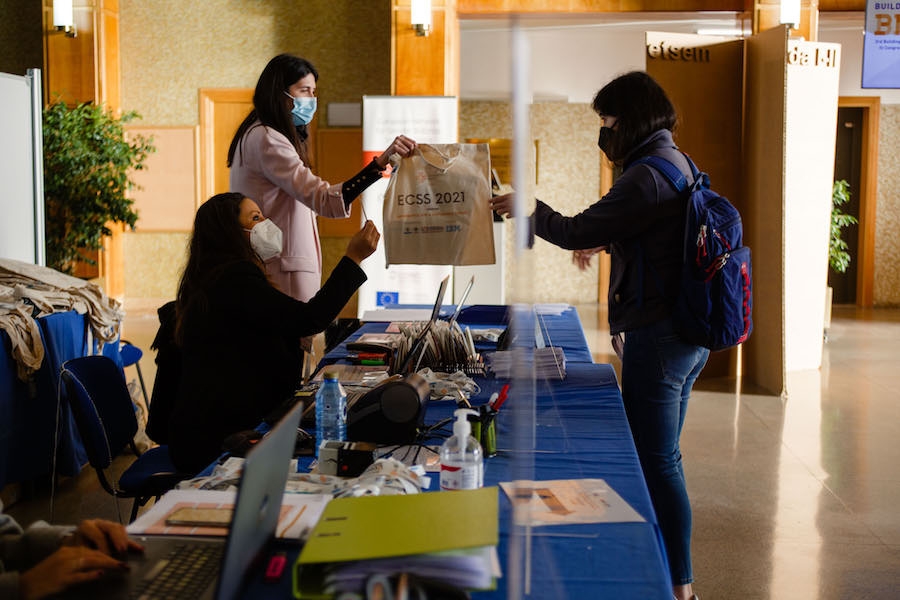
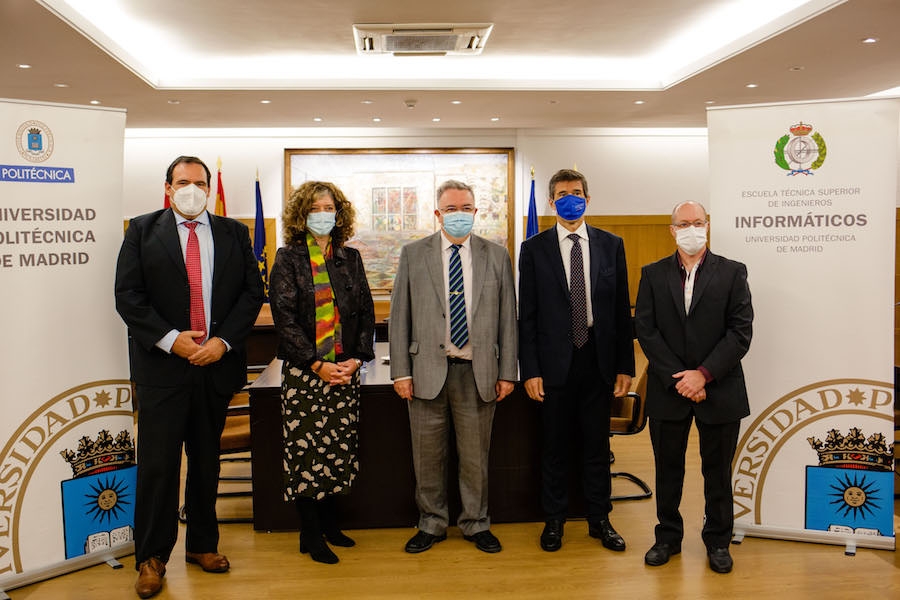
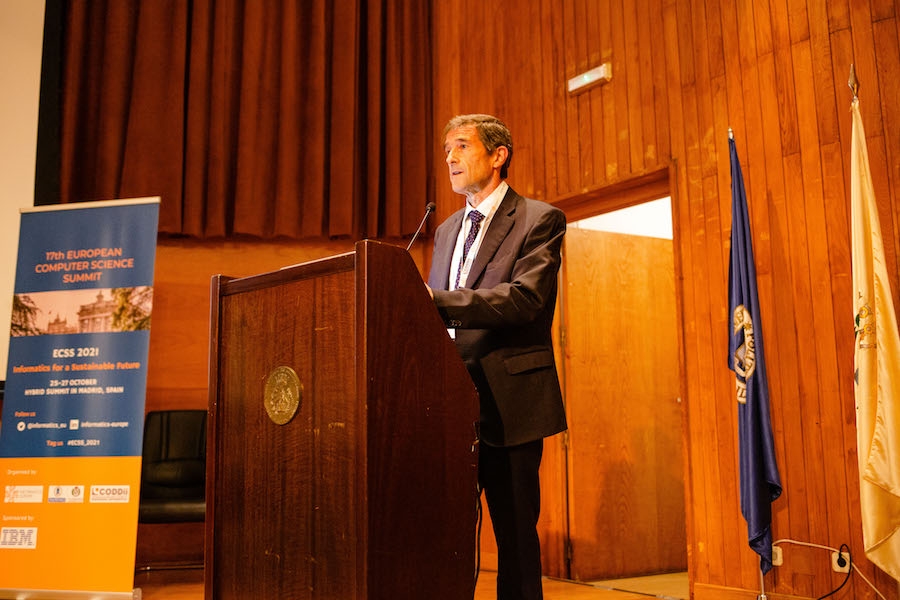
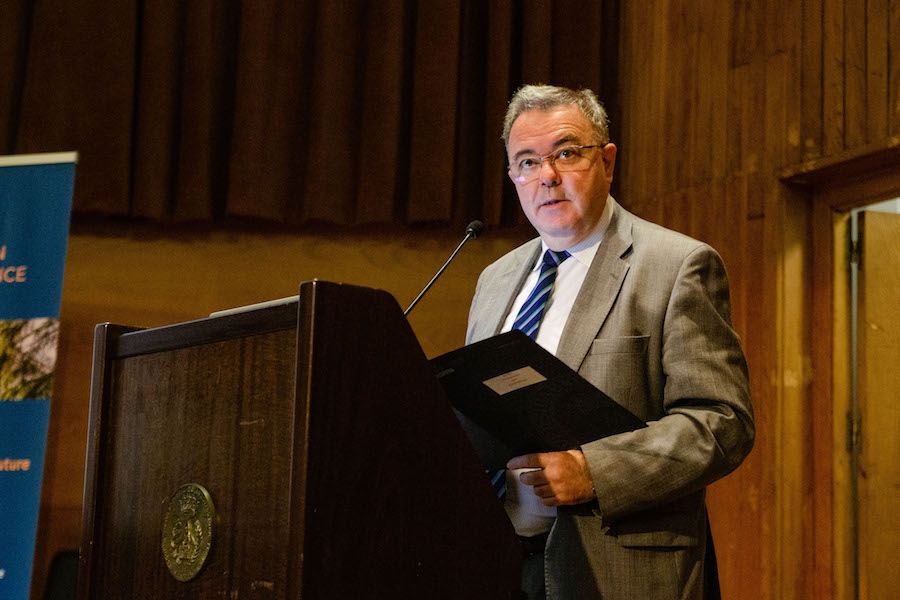
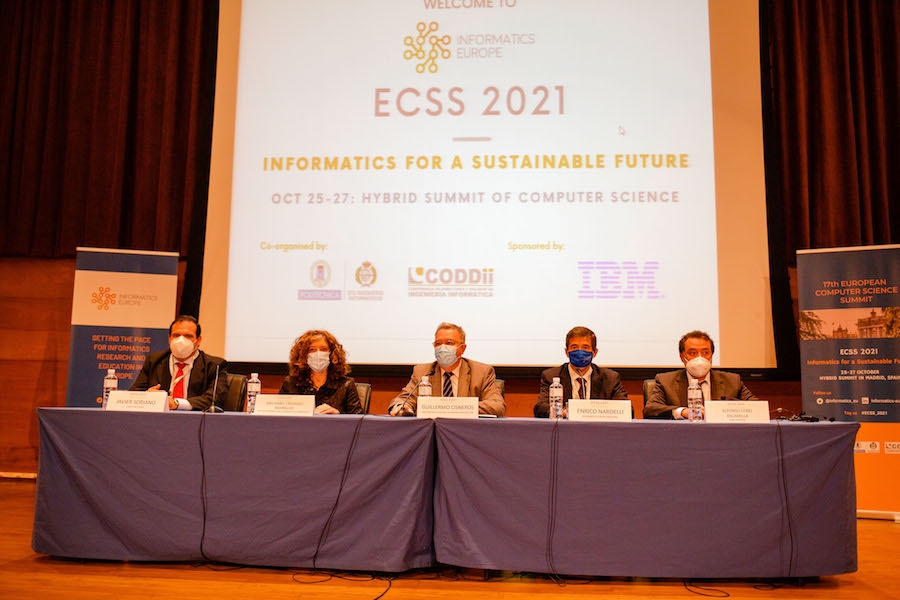
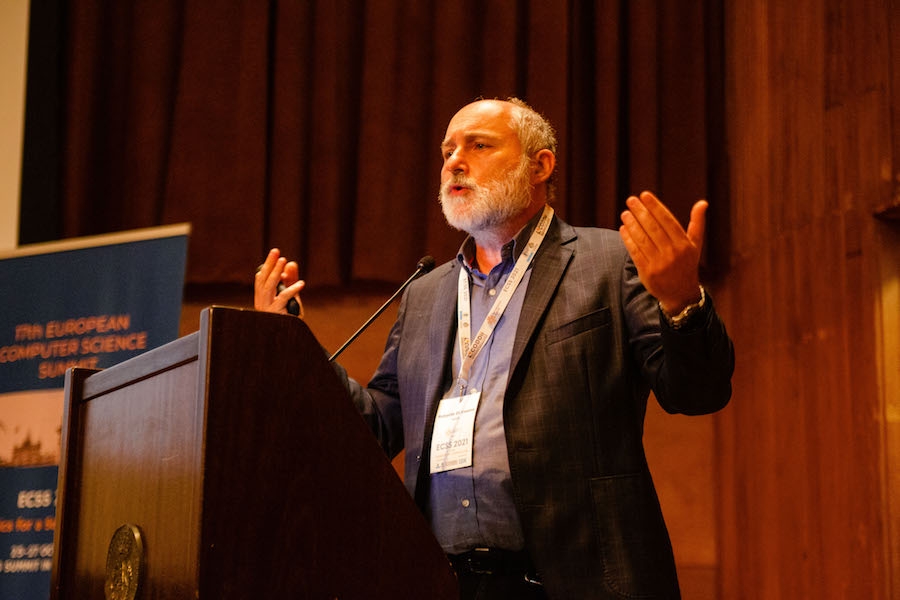
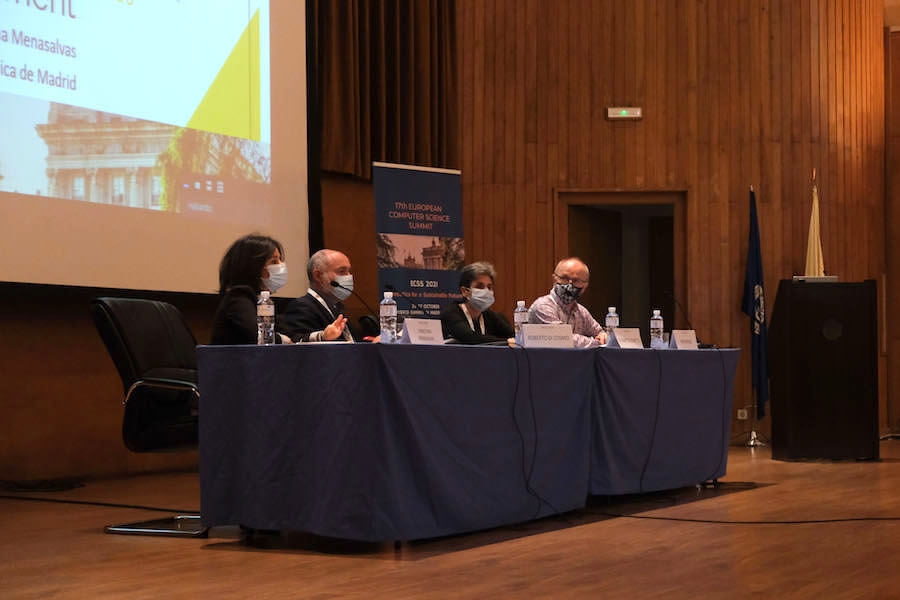
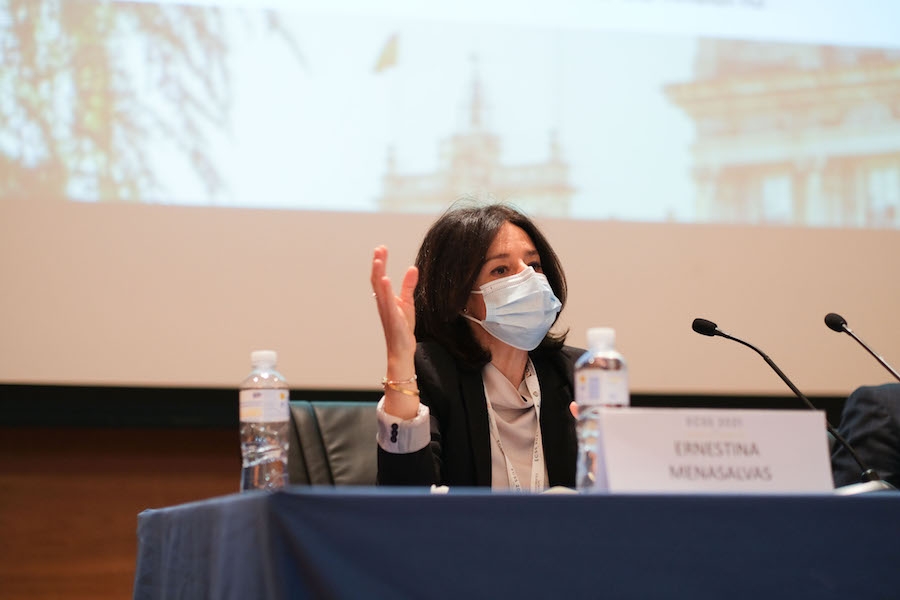
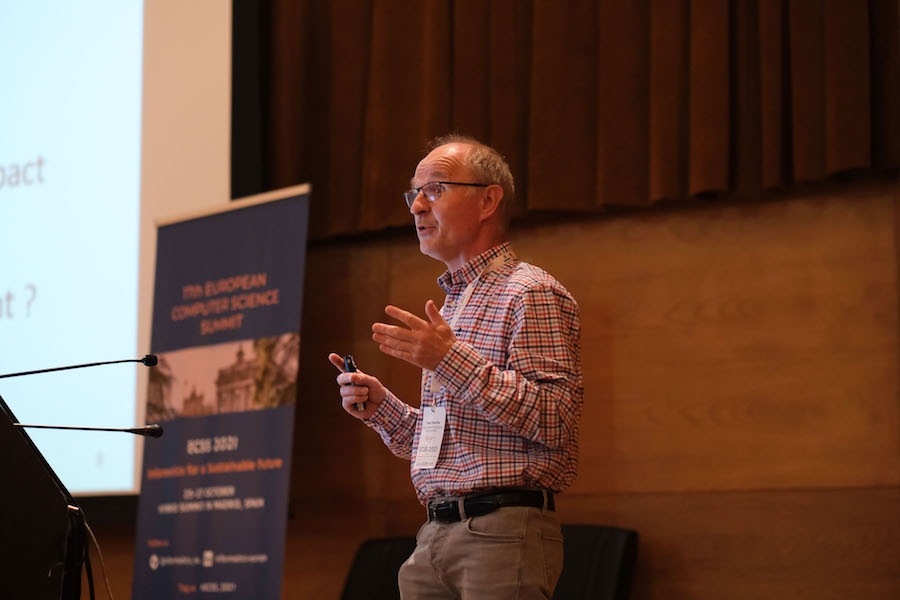
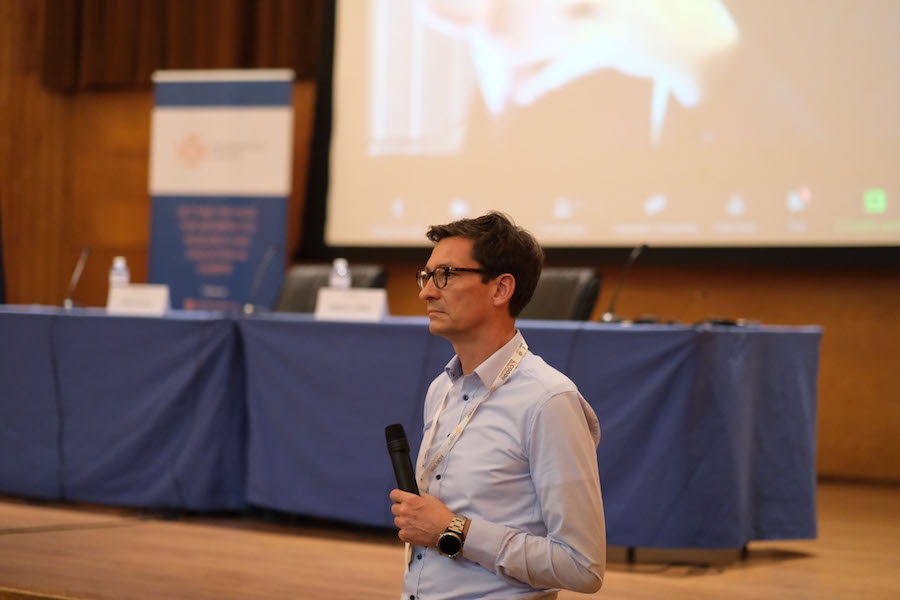
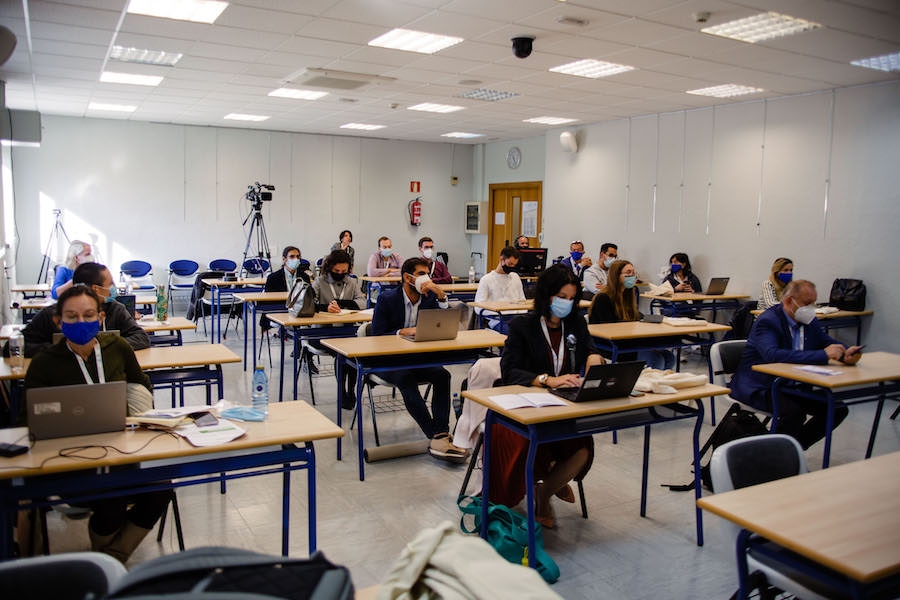
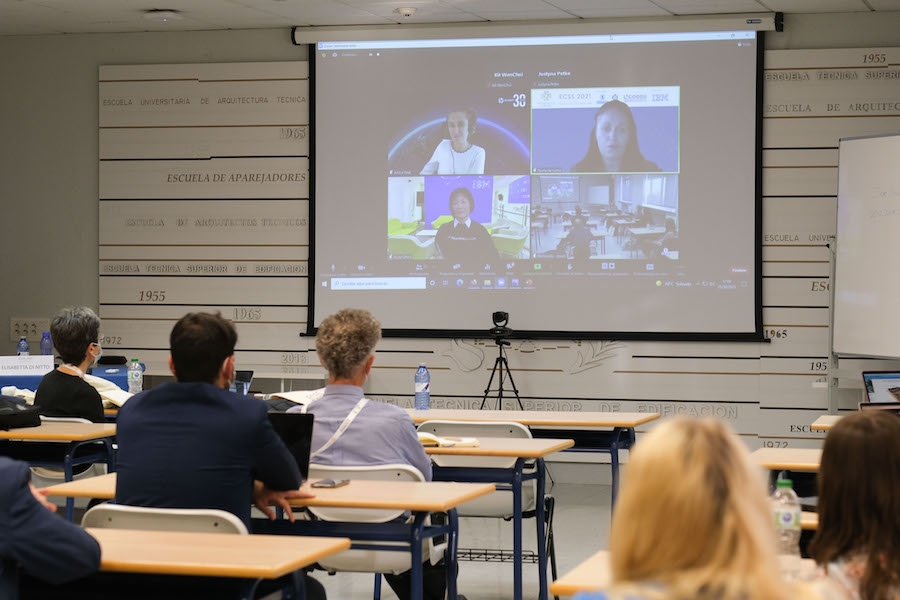
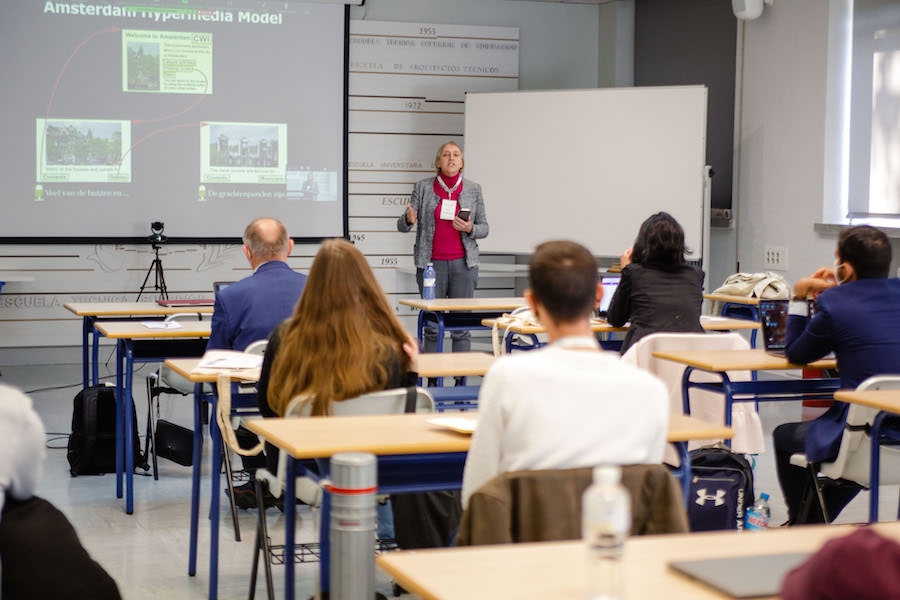
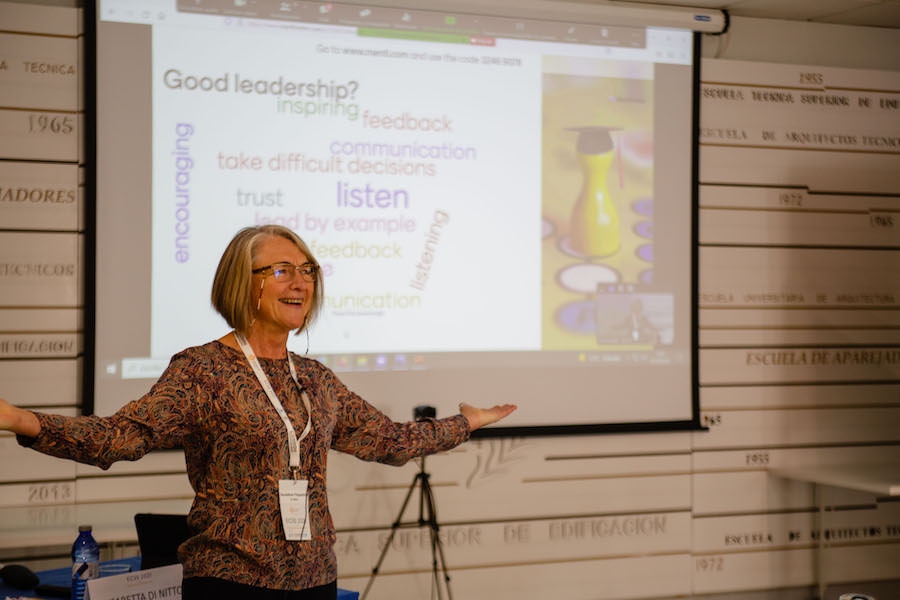
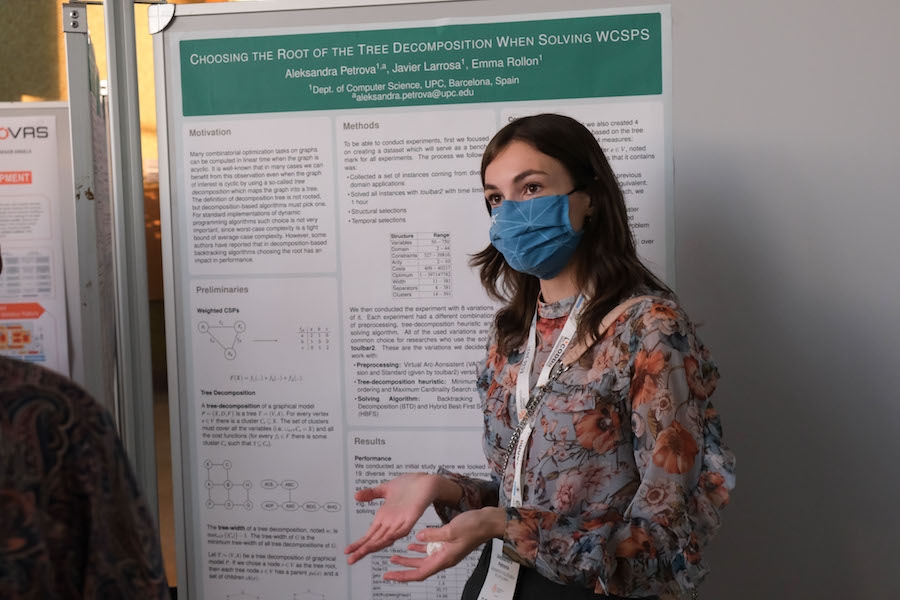
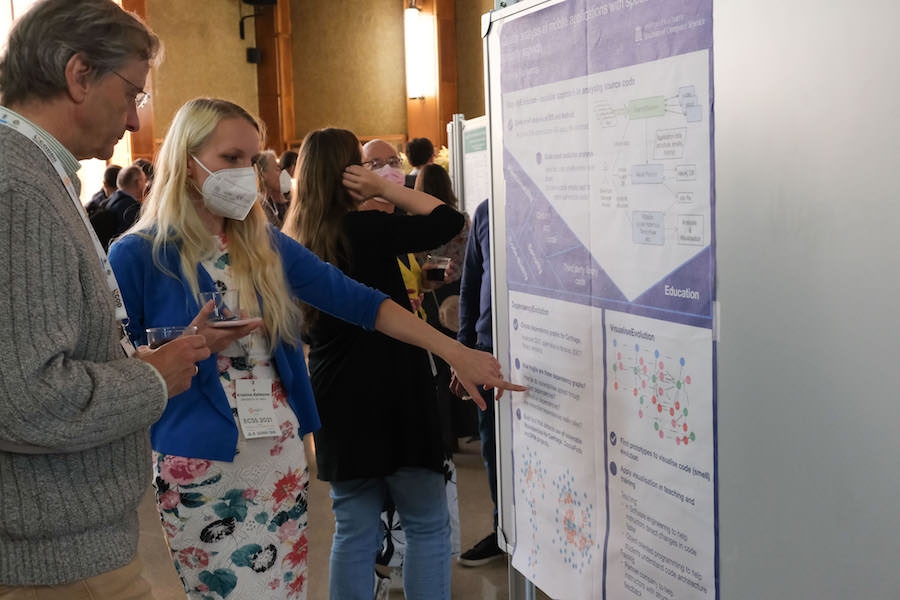
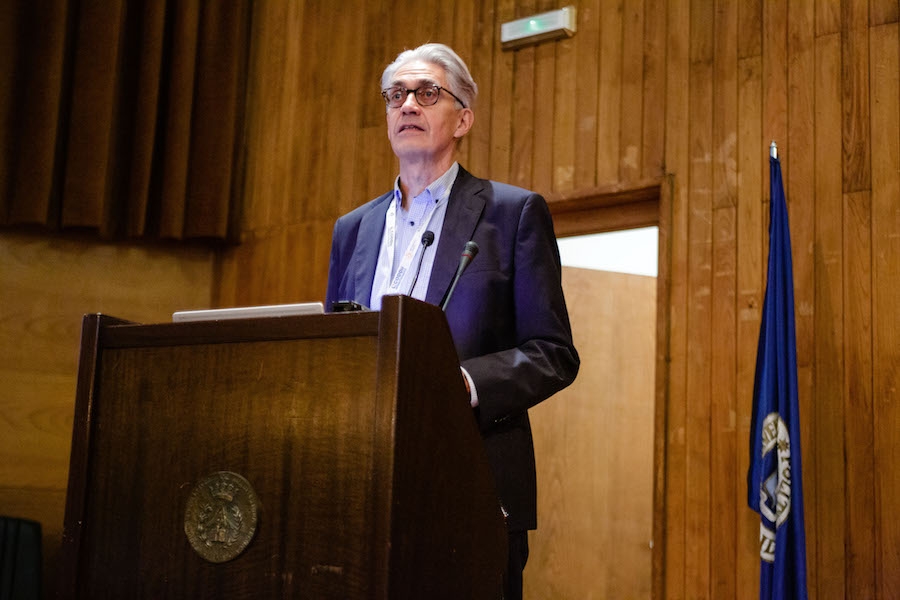
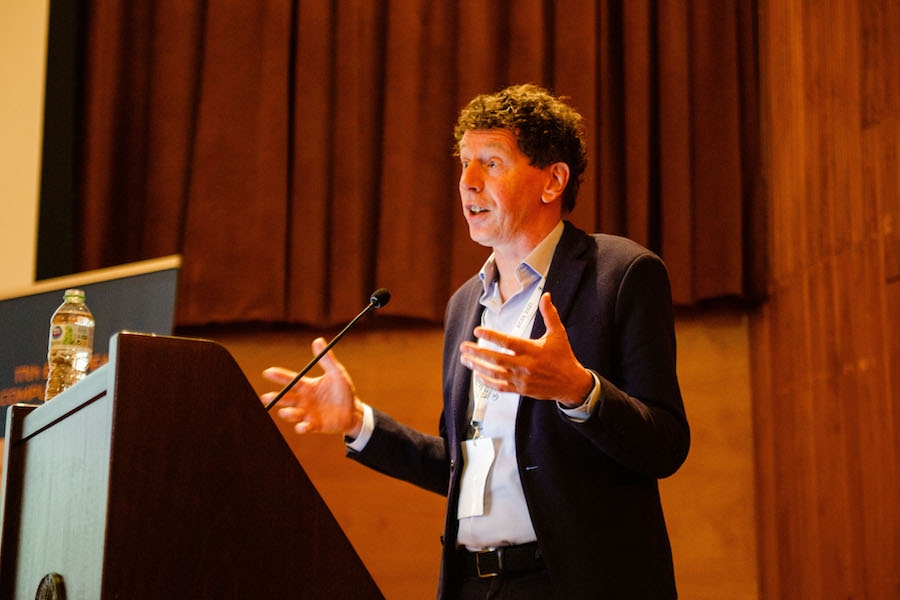
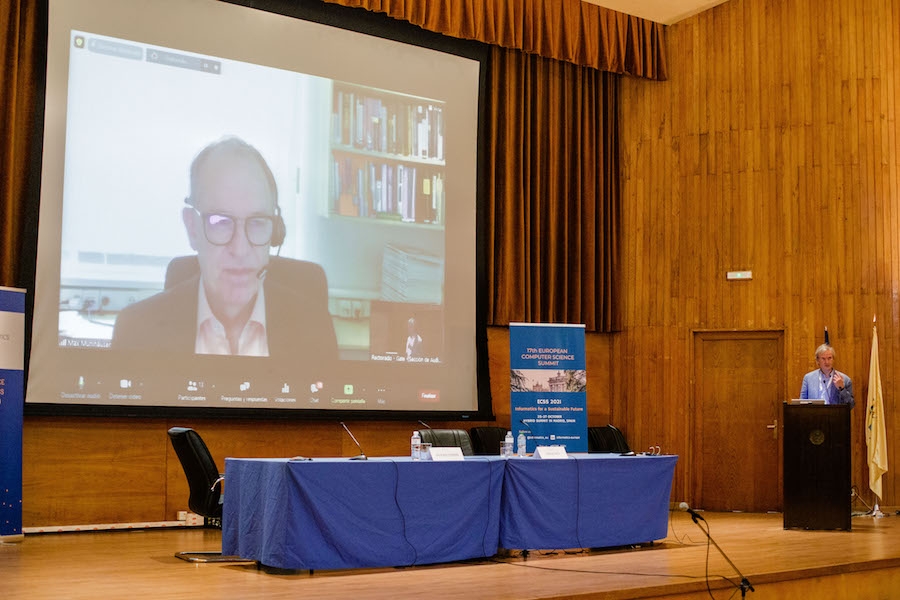
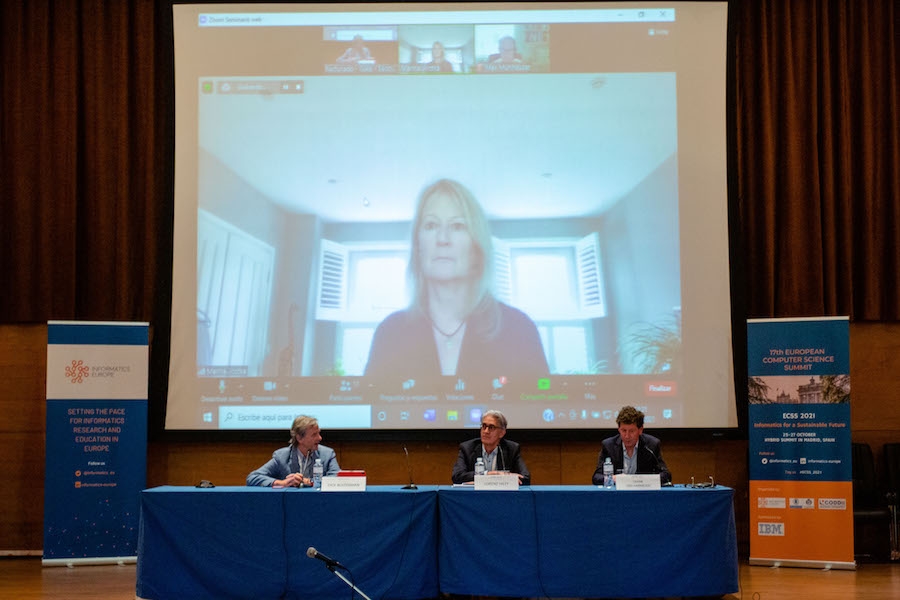
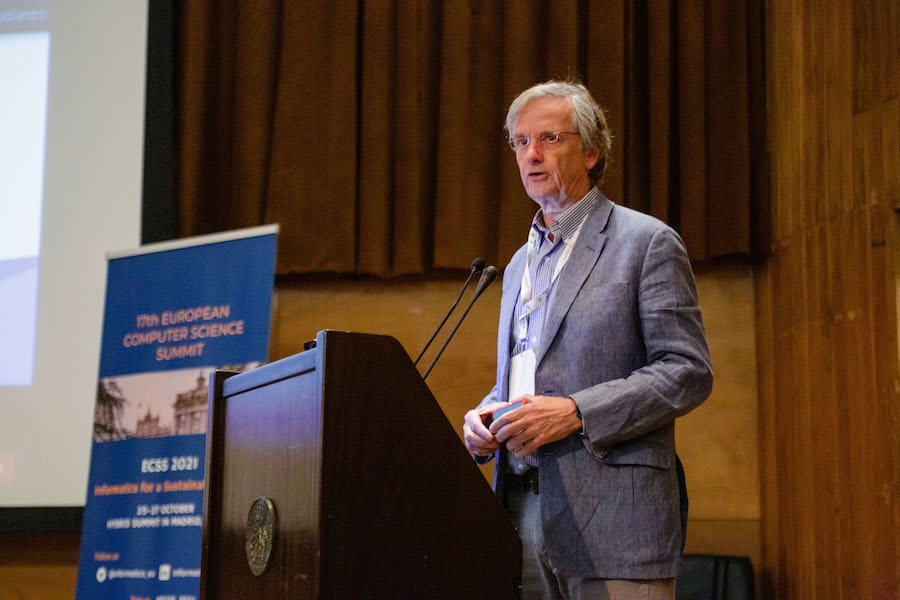
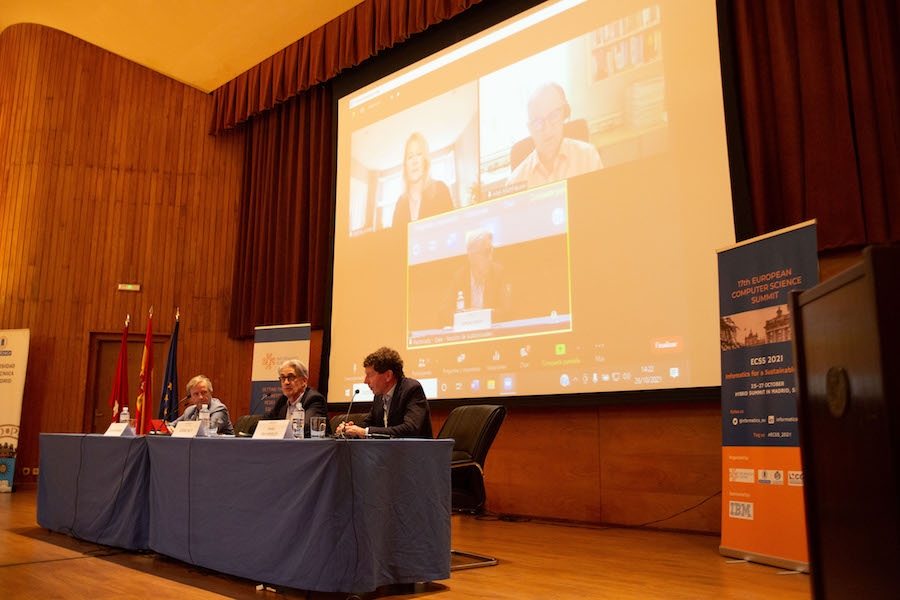
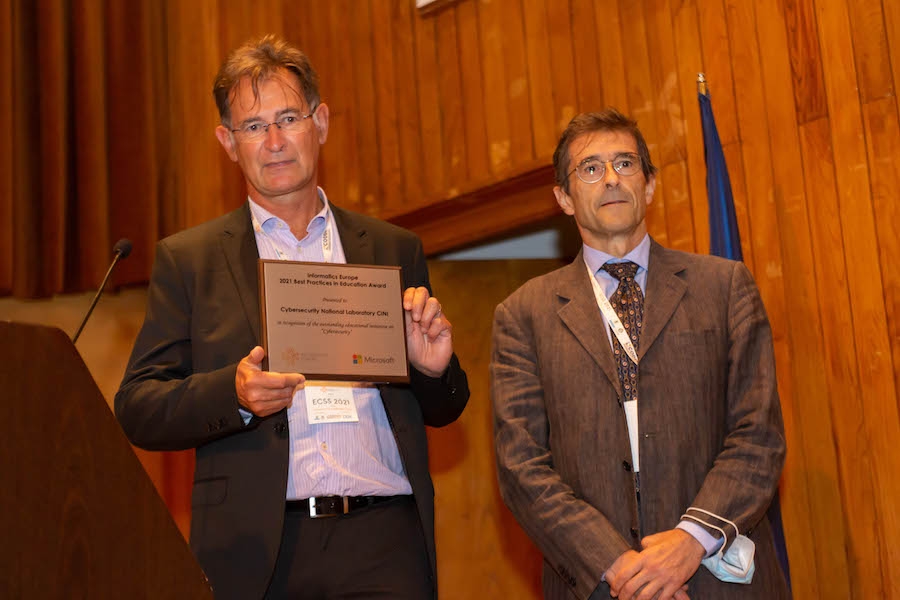
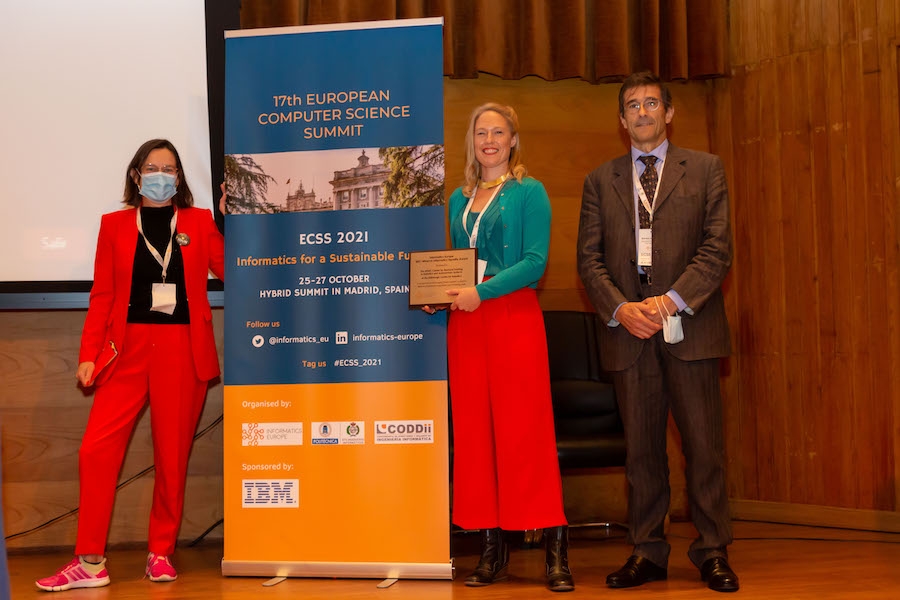
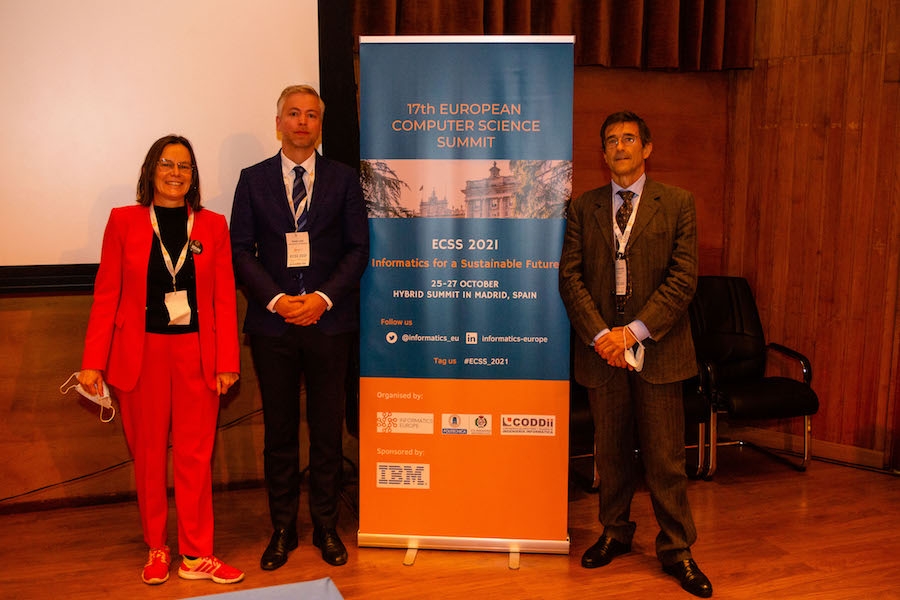
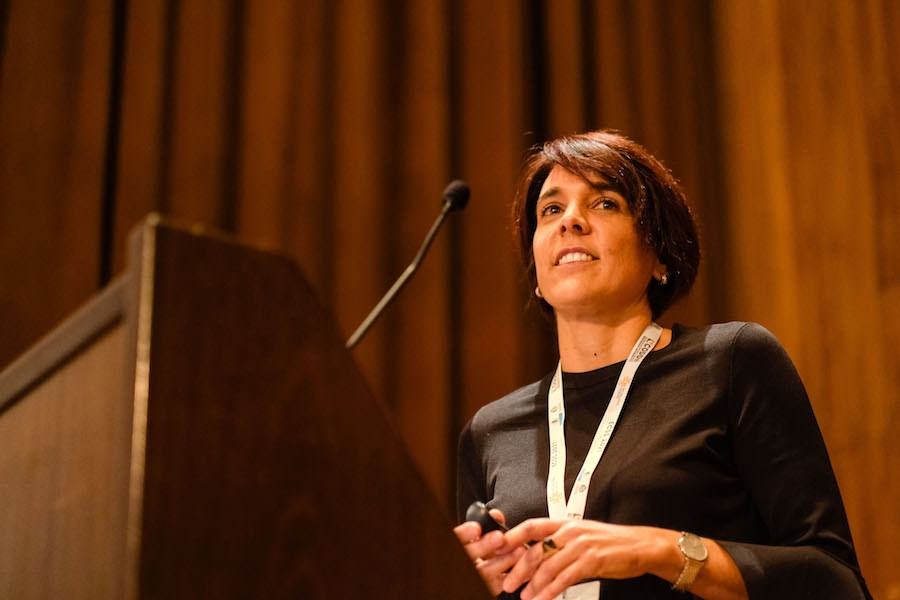
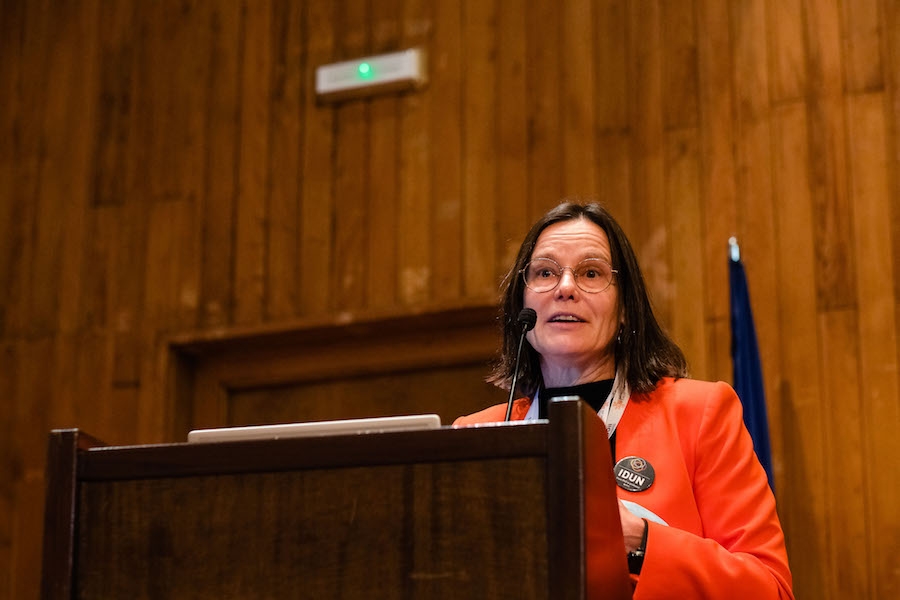
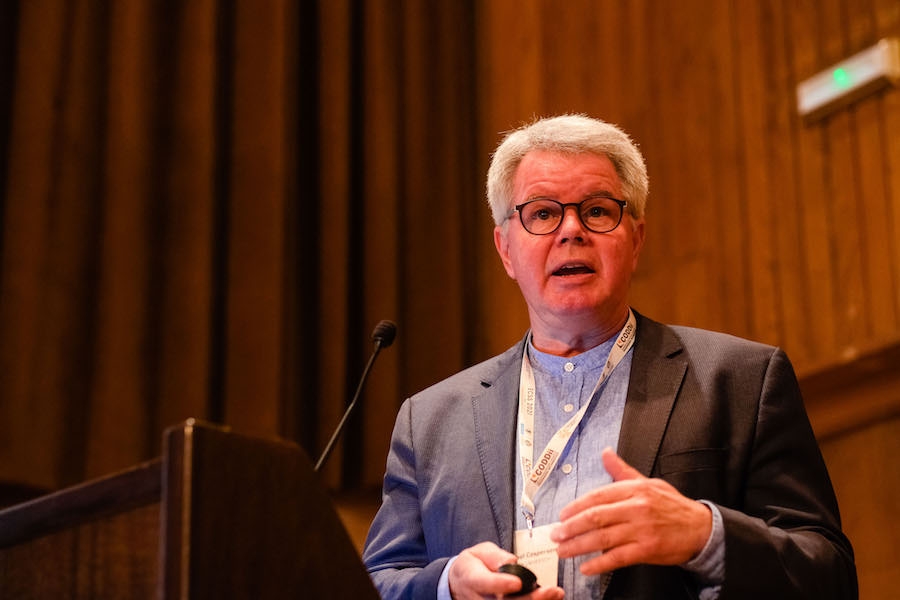
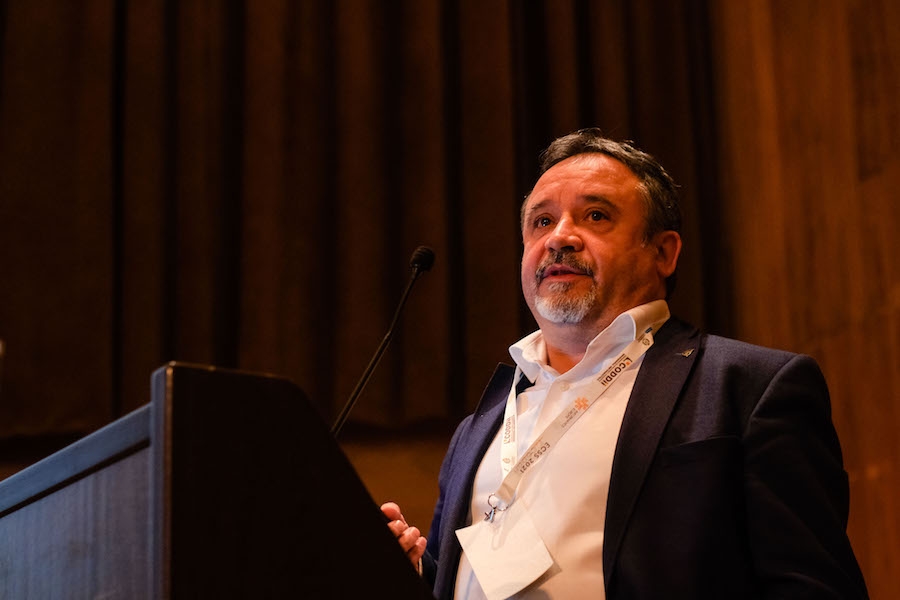
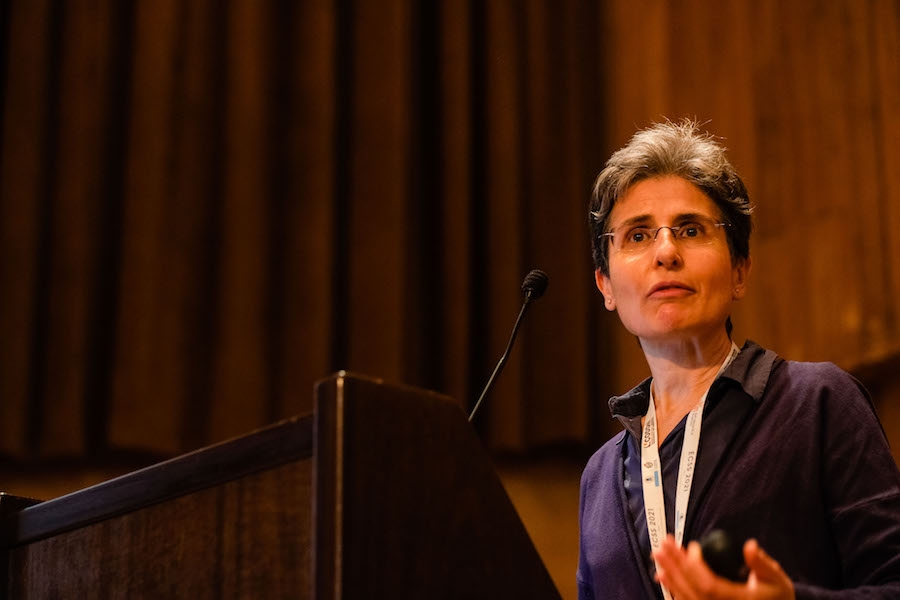
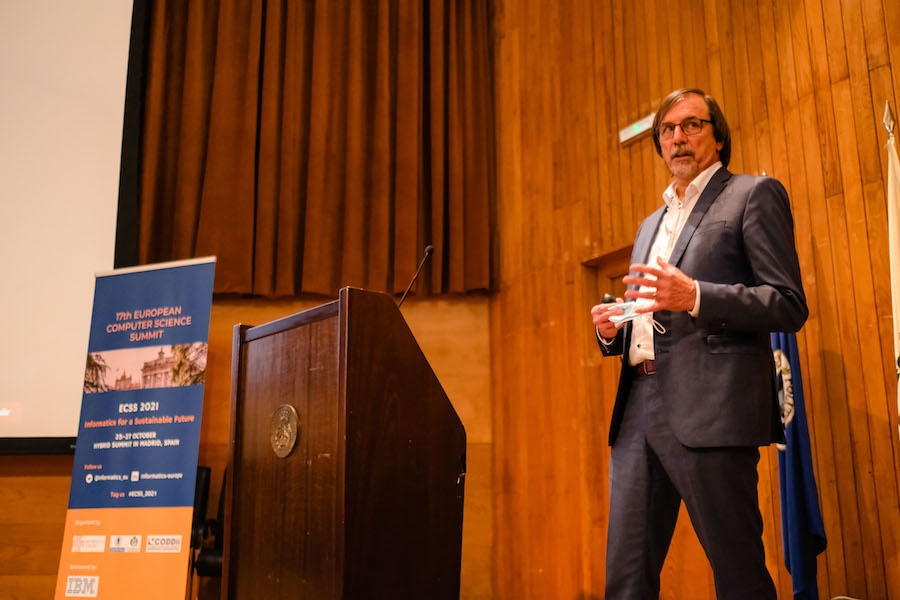
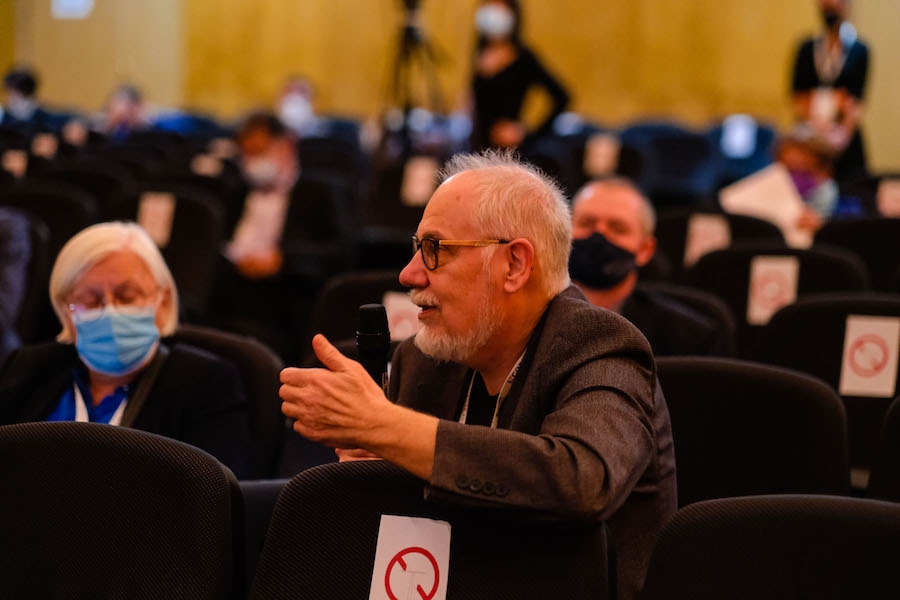
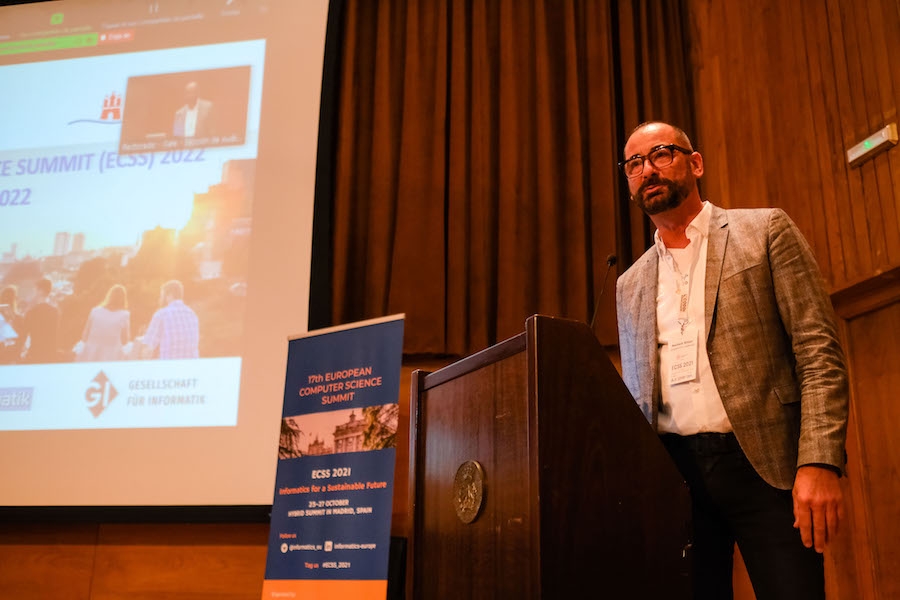
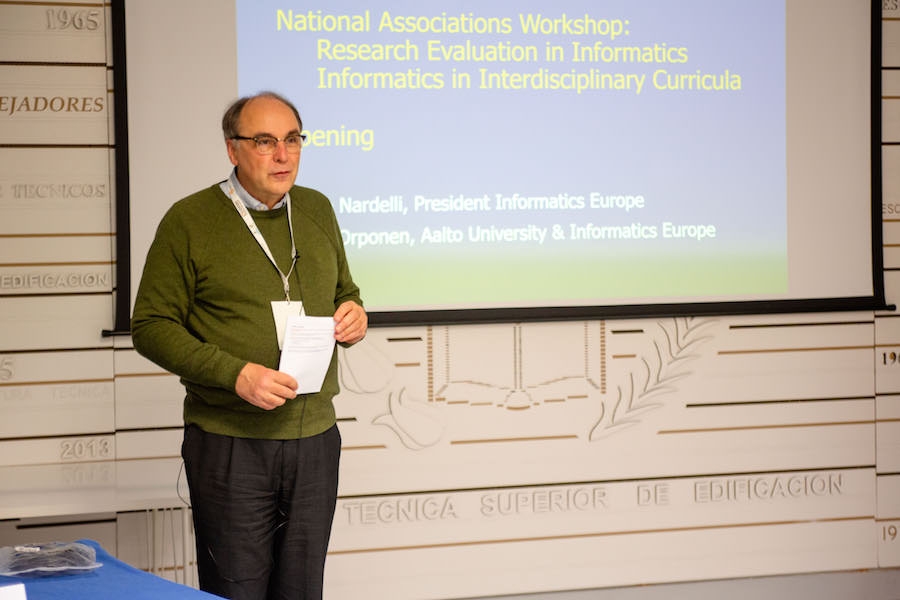
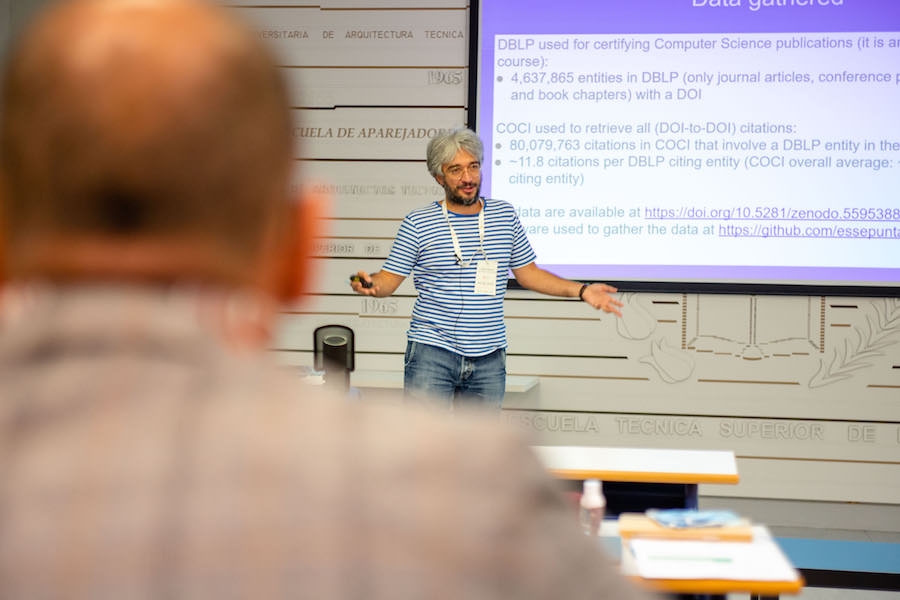
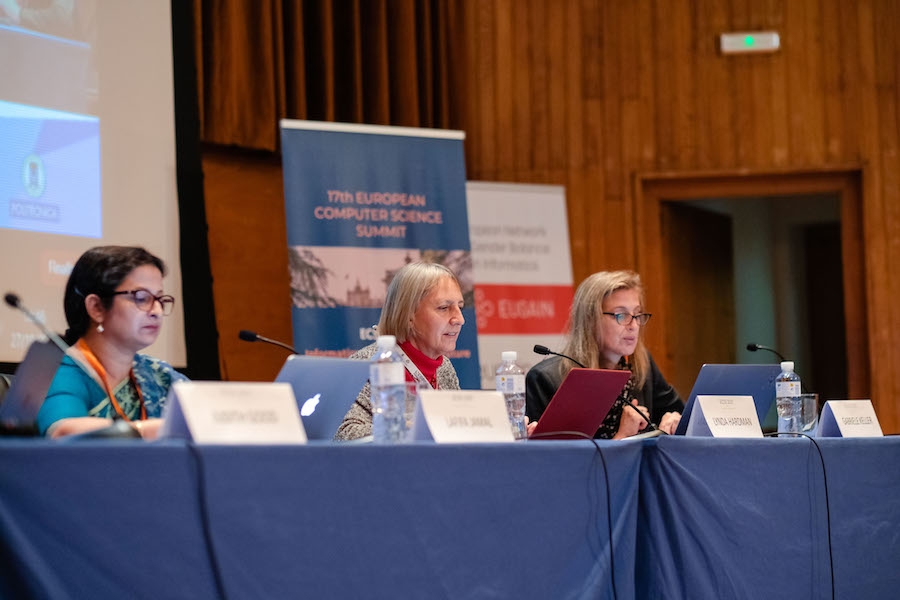
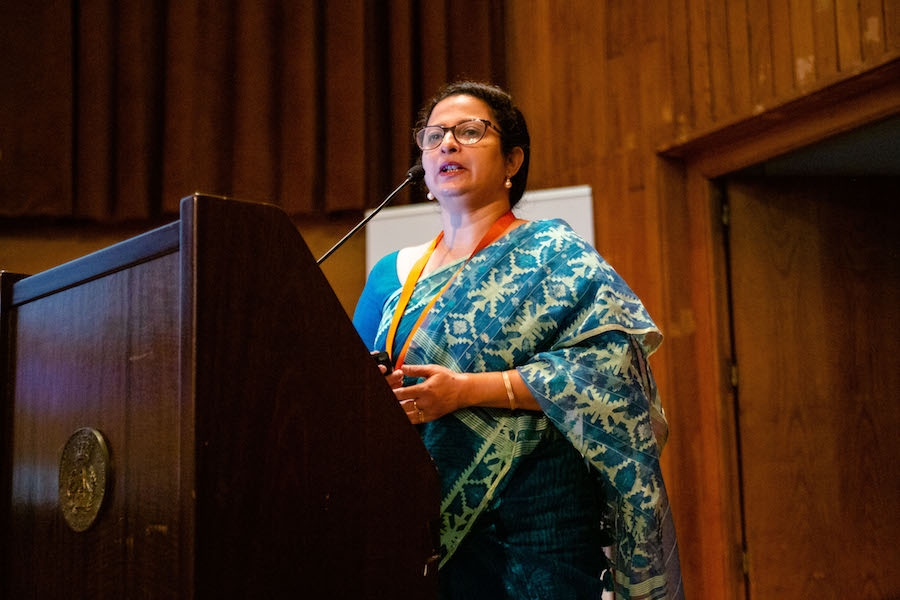
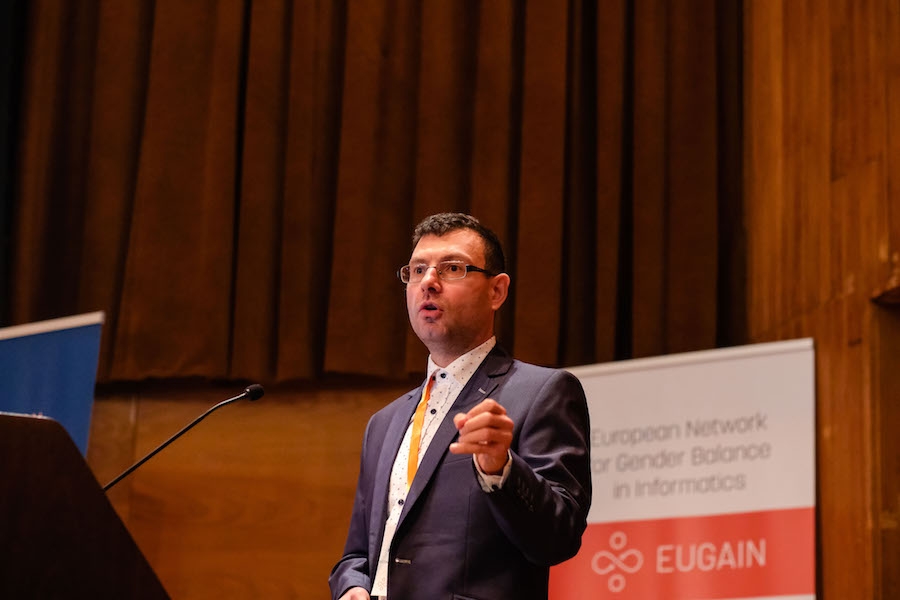
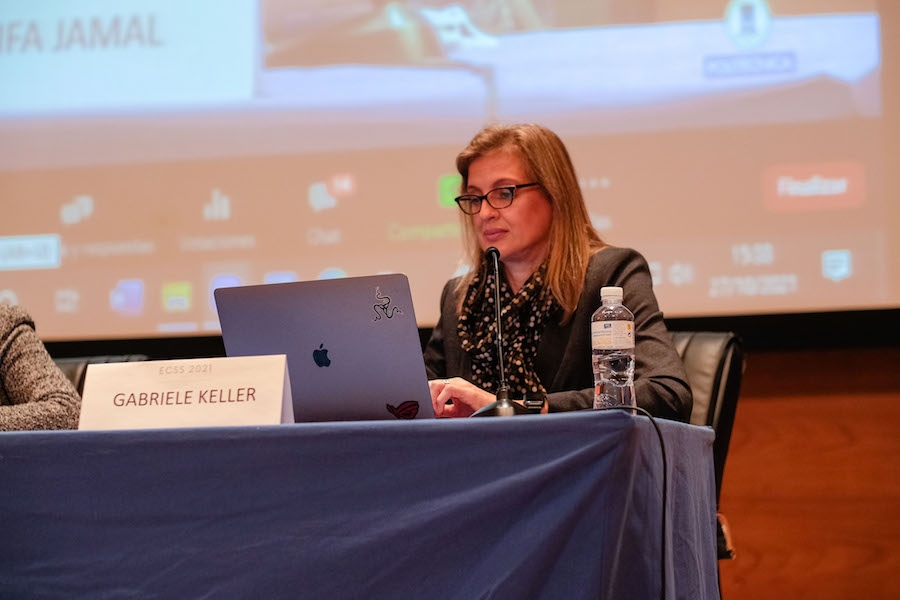
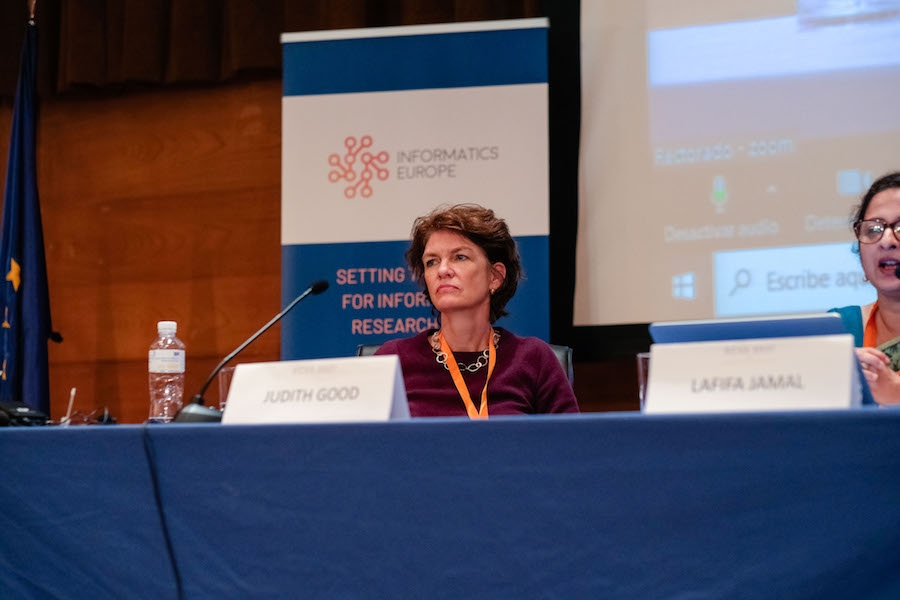
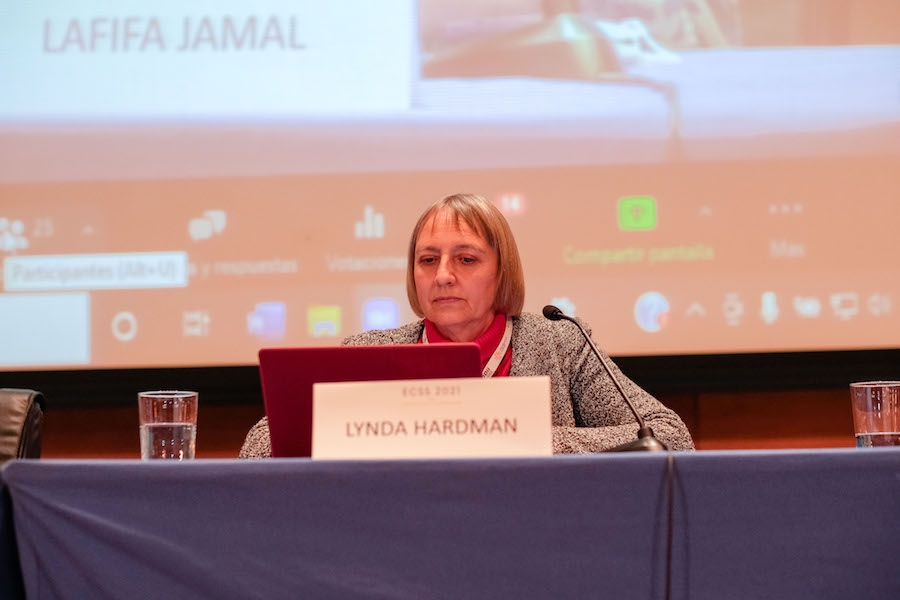
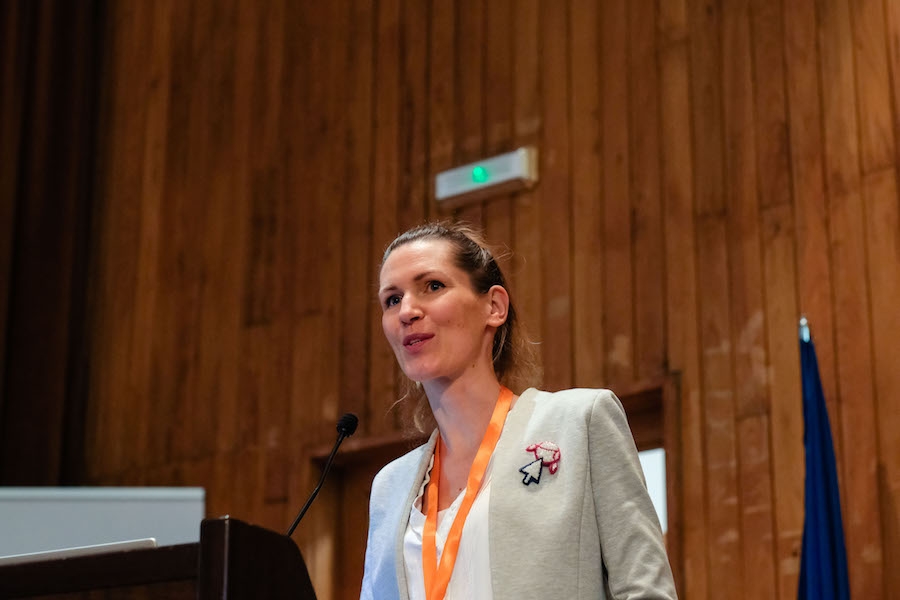
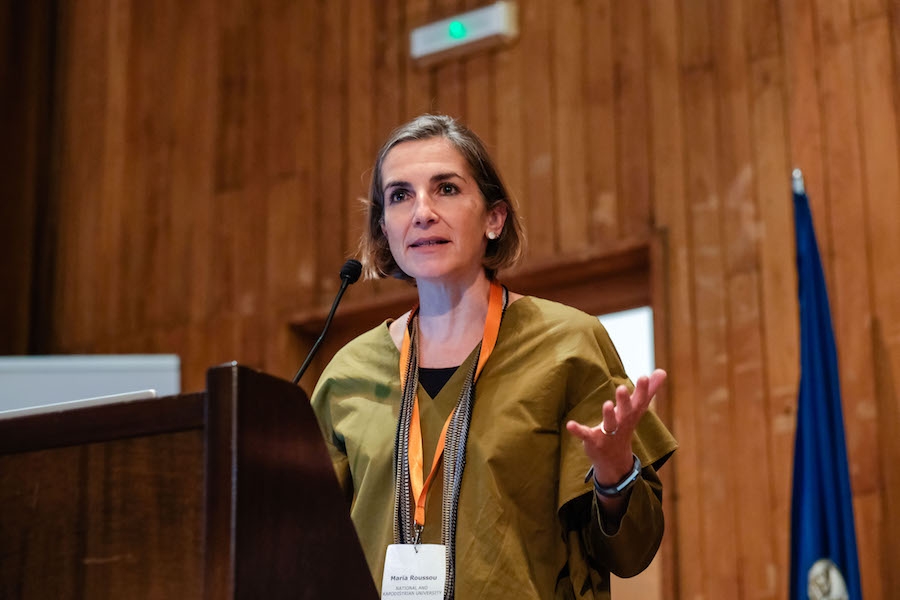
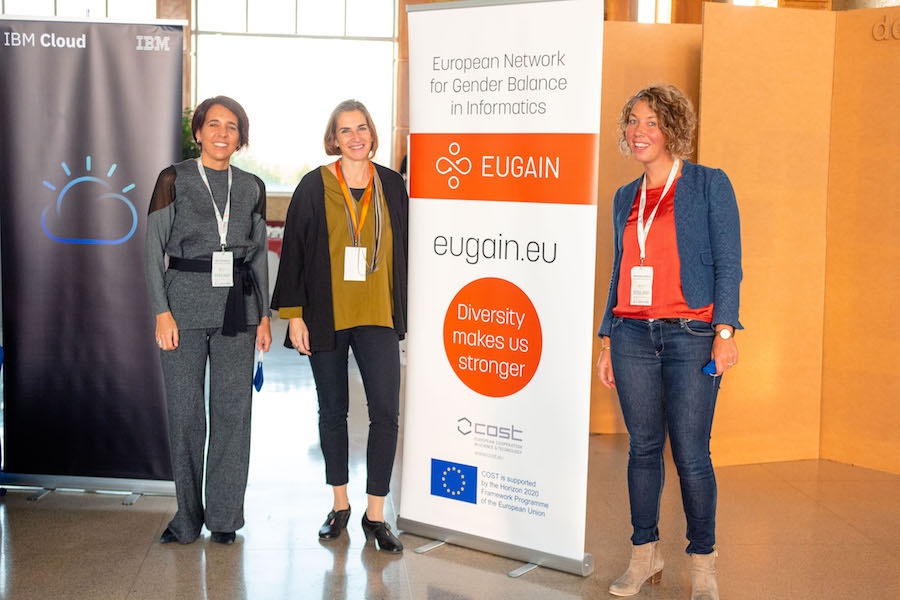
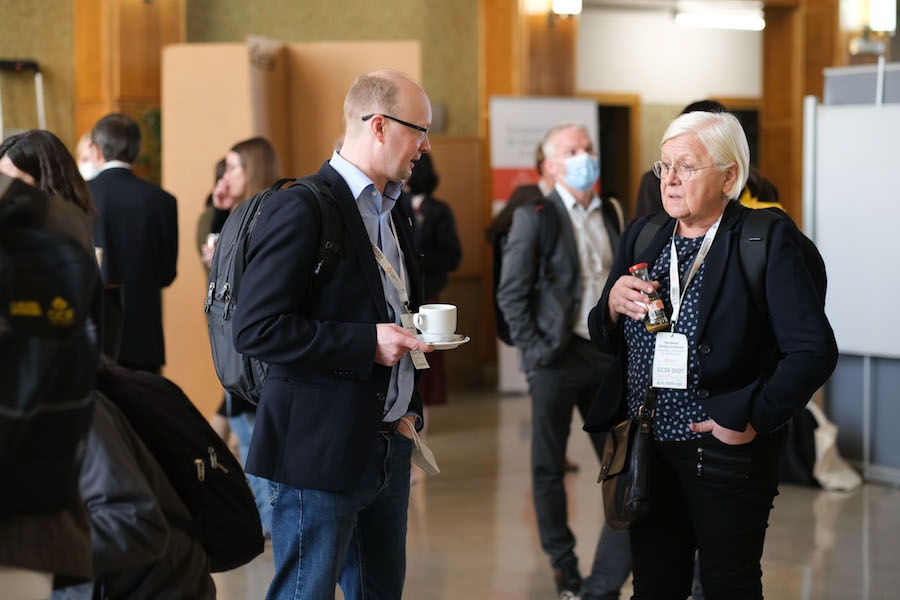
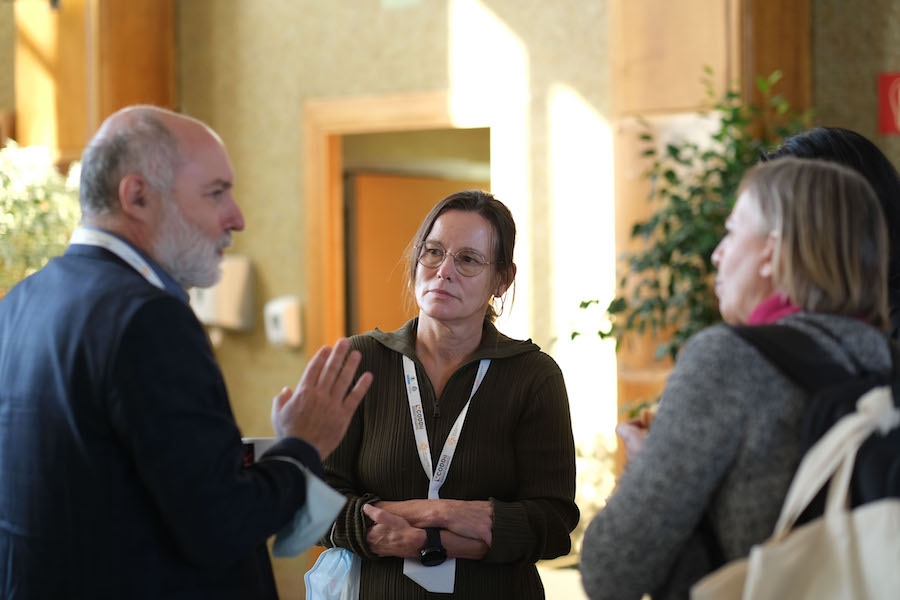
-
ECSS 2021 Hybrid Event
ECSS 2021 Hybrid Event
-
At the registration desk
-
Javier Soriano, Ana Isabel Cremades Rodríguez, Guillermo Cisneros, Enrico Nardelli, Manuel Carro
-
Enrico Nardelli, Informatics Europe President
-
Guillermo Cisneros, Rector of Universidad Politécnica de Madrid (UPM)
-
ECSS 2021 Official Opening
-
Roberto di Cosmo, INRIA
-
Discussion Panel on Open Science and its Impact on Career Development
-
Ernestina Menasalvas, Technical University of Madrid
-
Yves Deville, UC Louvain
-
Harald Gall, University of Zurich
-
Professional Development Workshop for Early Career Researchers
-
Virtual Speakers of the Professional Development Workshop for Early Career Researchers
-
At the Professional Development Workshop for Early Career Researchers
-
Gerardine Fitzpatrick, TU Wien
-
Early Career Researchers Posters Session
-
Early Career Researchers Posters Session
-
Lorenz Hilty, University of Zurich
-
Frank van Harmelen, Vrije Universiteit Amsterdam
-
Max Mühlhäuser, Technical University of Darmstadt
-
Marina Jirotka, University of Oxford
-
Dick Bulterman, CWI / Vrije Universiteit Amsterdam
-
Discussion with chairs and speakers of the Scientific Main Theme 'Informatics for a Sustainable Future'
-
Jean-Marc Jézéquel, IRISA/University of Rennes, and Enrico Nardelli, Informatics Europe, giving virtually the Best Practices in Education Award to CINI Cybersecurity National Laboratory
-
Minerva Award Winner from the EPSRC Centre for Doctoral Training (CDT) in Robotics and Autonomous Systems with Letizia Jaccheri, NTNU and Enrico Nardelli, Informatics Europe
-
Runner-up of the Minerva Award from Hochschule Bremen with Letizia Jaccheri, NTNU and Enrico Nardelli, Informatics Europe
-
Nuria Anguera, Executive Director of Informatics Europe
-
Letizia Jaccheri, Action Chair EUGAIN, NTNU
-
Michael Caspersen, It-vest
-
Ismael García-Varea, Universidad de Castilla - La Mancha
-
Elisabetta Di Nitto, Politecnico di Milano
-
Gregor Engles, Paderborn University
-
Questions from the audience
-
Norbert Ritter, University of Hamburg
-
Pekka Orponen, Aalto University, at National Informatics Associations Workshop
-
Silvio Peroni, University of Bologna
-
Discussion Panel at the WIRE-EUGAIN Workshop
-
Lafifa Jamal, University of Dhaka, at WIRE-EUGAIN Workshop
-
Robert Hanák, University of Economics in Bratislava
-
Gabrielle Keller, Utrecht University
-
Judith Good, University of Amsterdam
-
Lynda Hardman, CWI/Utrecht University
-
Barbora Buhnova, Vice-Chair and ITC Conference Coordinator EUGAIN, Masaryk University
-
Maria Roussou, Science Communication Manager EUGAIN, National and Kapodistrian University of Athens
-
EUGAIN - European Network for Gender Balance in Informatics
-
Discussions at coffee breaks
-
Discussions at coffee breaks















































-
ECSS 2021 Hybrid Event
ECSS 2021 Hybrid Event -
At the registration desk
-
Javier Soriano, Ana Isabel Cremades Rodríguez, Guillermo Cisneros, Enrico Nardelli, Manuel Carro
-
Enrico Nardelli, Informatics Europe President
-
Guillermo Cisneros, Rector of Universidad Politécnica de Madrid (UPM)
-
ECSS 2021 Official Opening
-
Roberto di Cosmo, INRIA
-
Discussion Panel on Open Science and its Impact on Career Development
-
Ernestina Menasalvas, Technical University of Madrid
-
Yves Deville, UC Louvain
-
Harald Gall, University of Zurich
-
Professional Development Workshop for Early Career Researchers
-
Virtual Speakers of the Professional Development Workshop for Early Career Researchers
-
At the Professional Development Workshop for Early Career Researchers
-
Gerardine Fitzpatrick, TU Wien
-
Early Career Researchers Posters Session
-
Early Career Researchers Posters Session
-
Lorenz Hilty, University of Zurich
-
Frank van Harmelen, Vrije Universiteit Amsterdam
-
Max Mühlhäuser, Technical University of Darmstadt
-
Marina Jirotka, University of Oxford
-
Dick Bulterman, CWI / Vrije Universiteit Amsterdam
-
Discussion with chairs and speakers of the Scientific Main Theme 'Informatics for a Sustainable Future'
-
Jean-Marc Jézéquel, IRISA/University of Rennes, and Enrico Nardelli, Informatics Europe, giving virtually the Best Practices in Education Award to CINI Cybersecurity National Laboratory
-
Minerva Award Winner from the EPSRC Centre for Doctoral Training (CDT) in Robotics and Autonomous Systems with Letizia Jaccheri, NTNU and Enrico Nardelli, Informatics Europe
-
Runner-up of the Minerva Award from Hochschule Bremen with Letizia Jaccheri, NTNU and Enrico Nardelli, Informatics Europe
-
Nuria Anguera, Executive Director of Informatics Europe
-
Letizia Jaccheri, Action Chair EUGAIN, NTNU
-
Michael Caspersen, It-vest
-
Ismael García-Varea, Universidad de Castilla - La Mancha
-
Elisabetta Di Nitto, Politecnico di Milano
-
Gregor Engles, Paderborn University
-
Questions from the audience
-
Norbert Ritter, University of Hamburg
-
Pekka Orponen, Aalto University, at National Informatics Associations Workshop
-
Silvio Peroni, University of Bologna
-
Discussion Panel at the WIRE-EUGAIN Workshop
-
Lafifa Jamal, University of Dhaka, at WIRE-EUGAIN Workshop
-
Robert Hanák, University of Economics in Bratislava
-
Gabrielle Keller, Utrecht University
-
Judith Good, University of Amsterdam
-
Lynda Hardman, CWI/Utrecht University
-
Barbora Buhnova, Vice-Chair and ITC Conference Coordinator EUGAIN, Masaryk University
-
Maria Roussou, Science Communication Manager EUGAIN, National and Kapodistrian University of Athens
-
EUGAIN - European Network for Gender Balance in Informatics
-
Discussions at coffee breaks
-
Discussions at coffee breaks

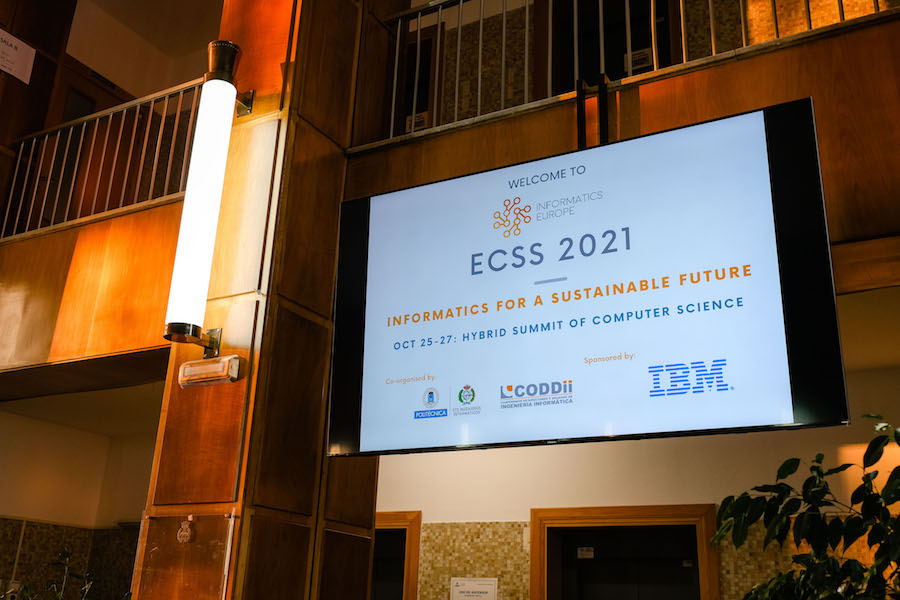
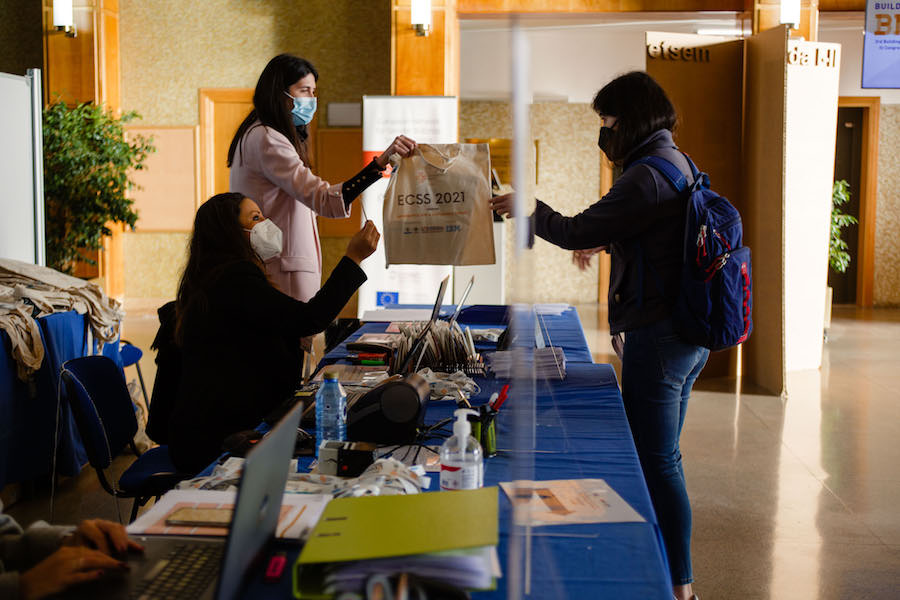
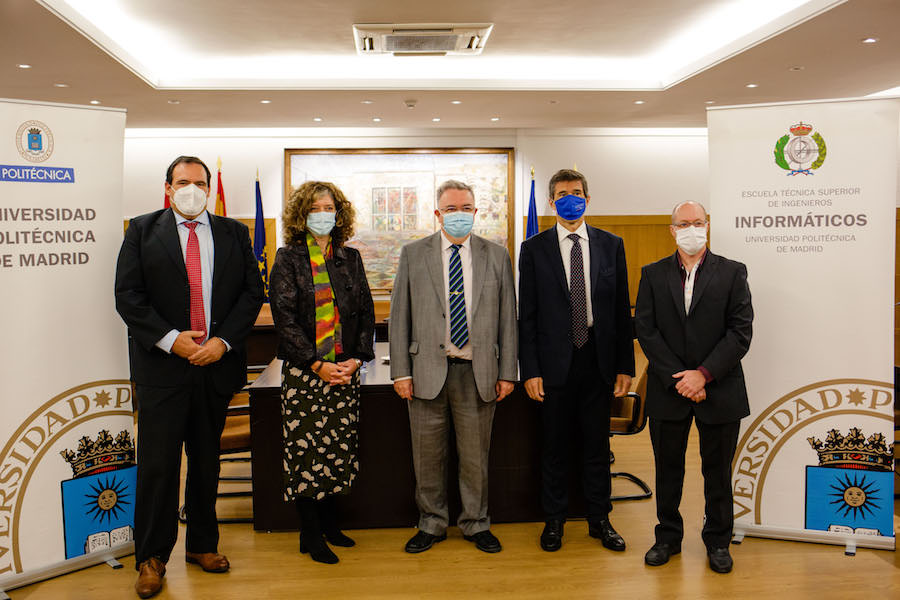
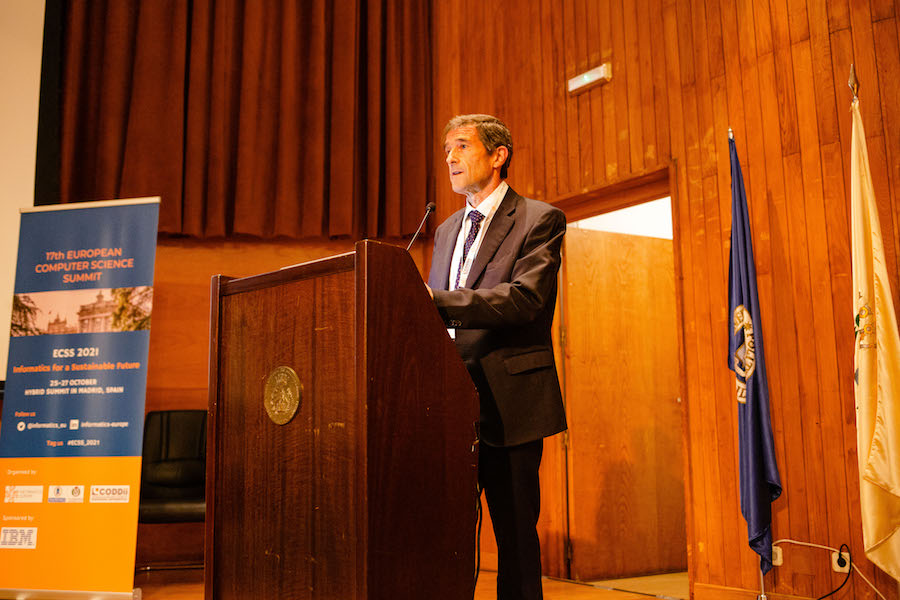
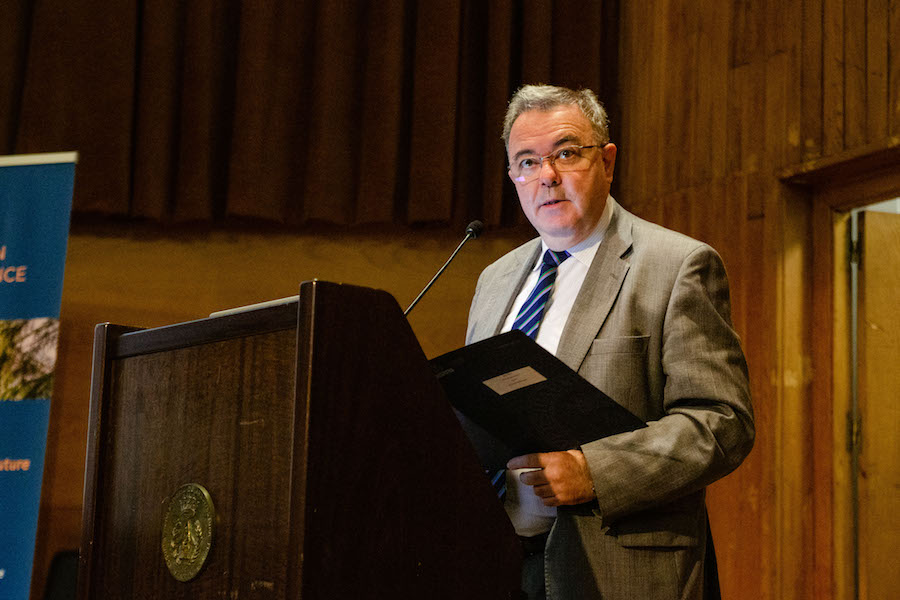
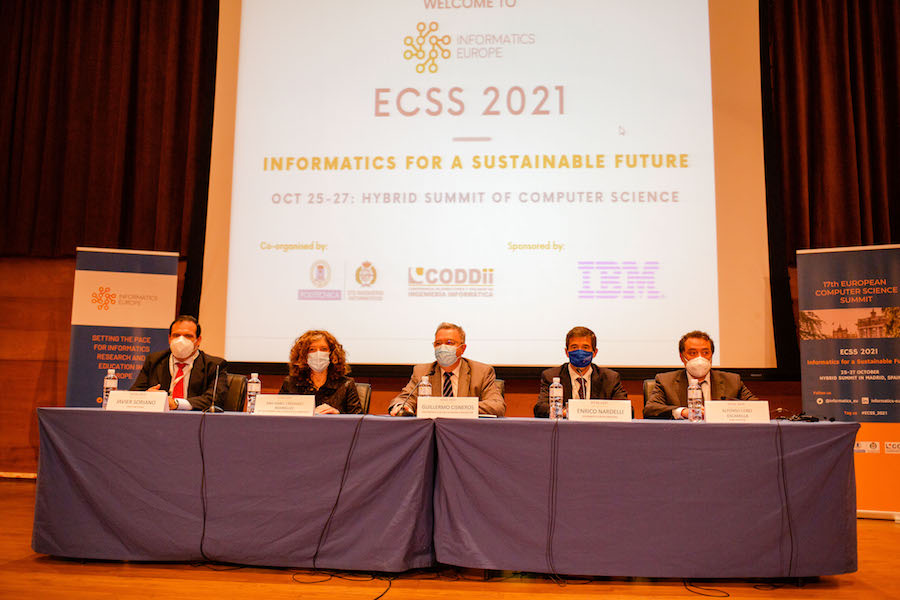
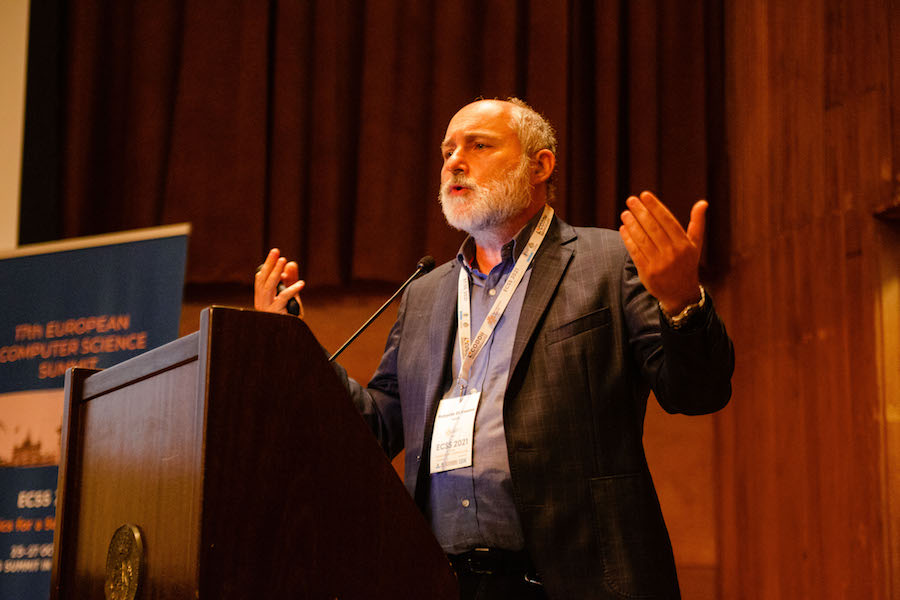
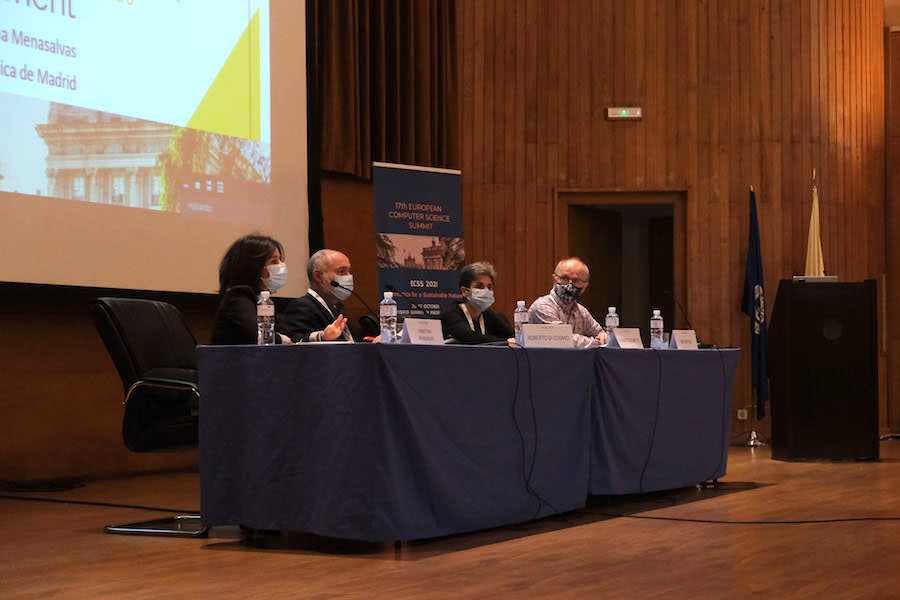
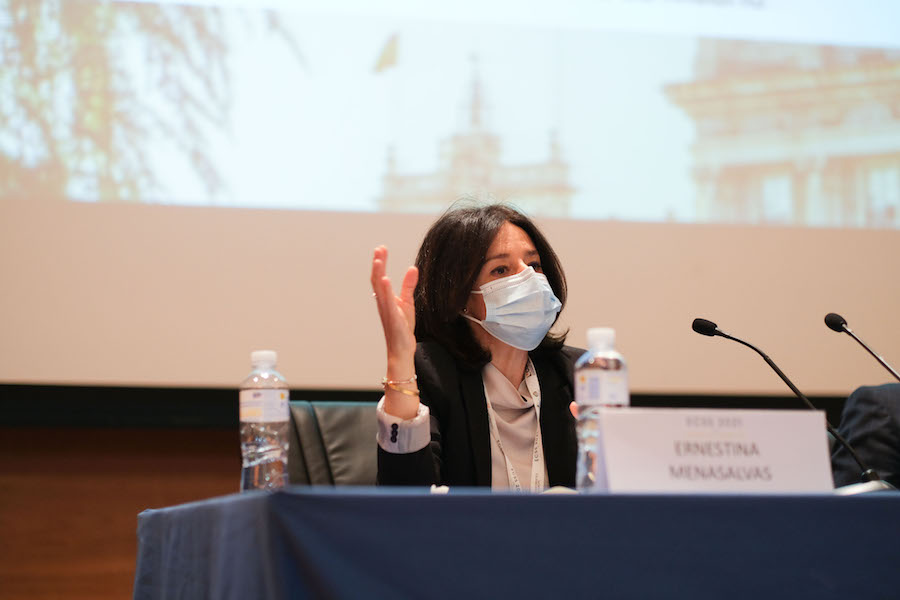
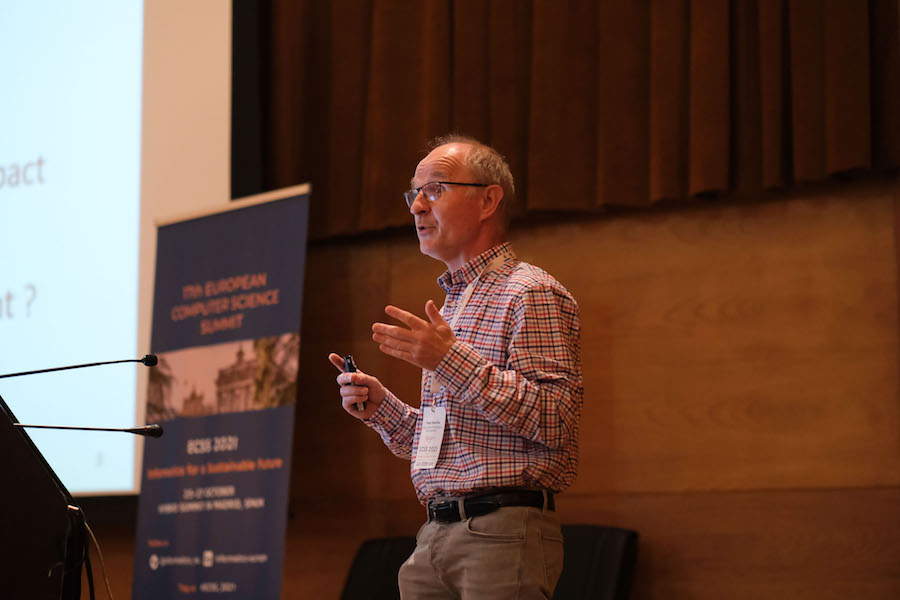
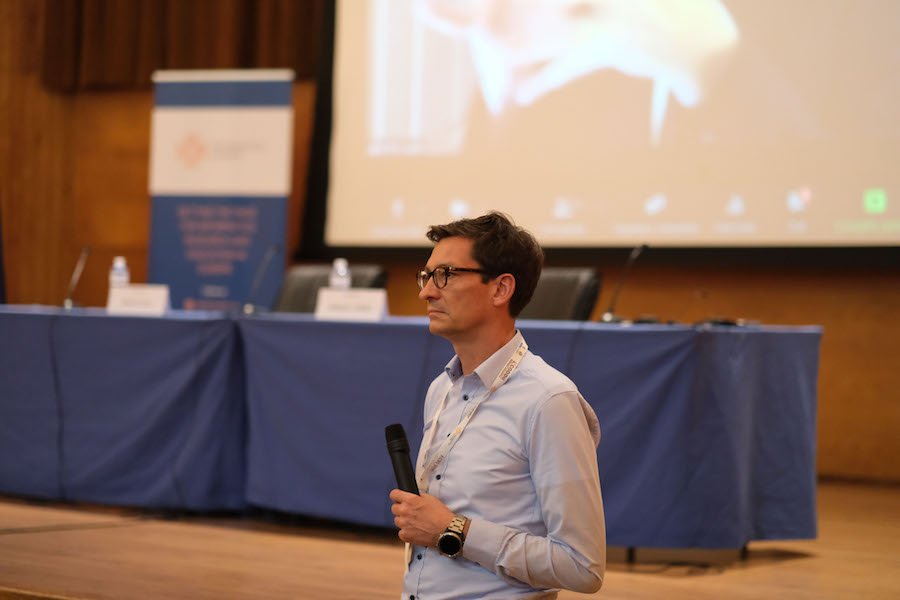
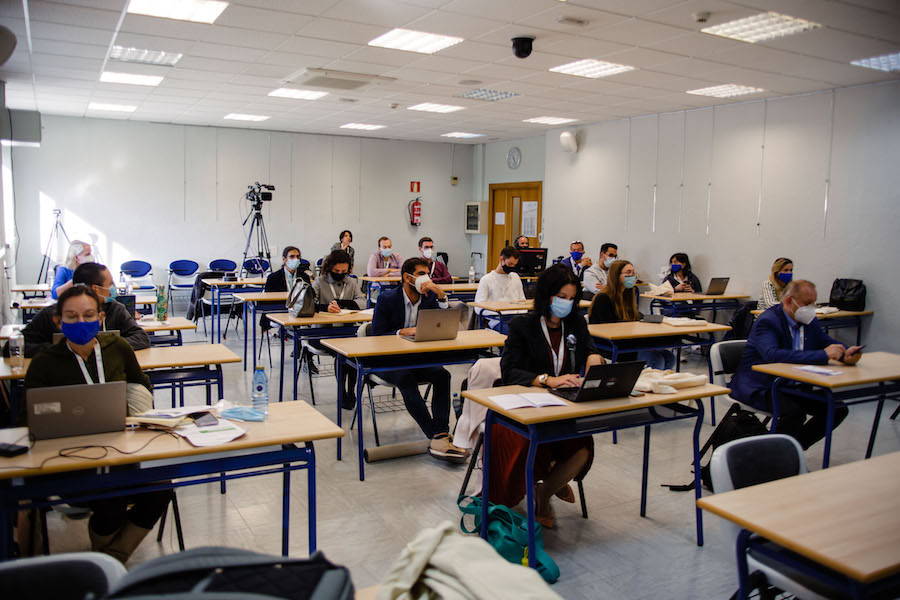
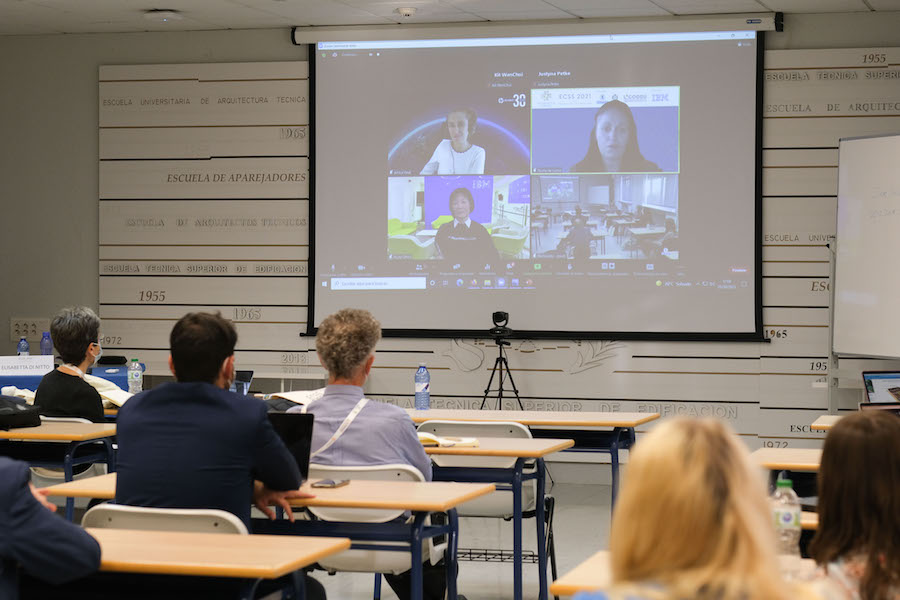
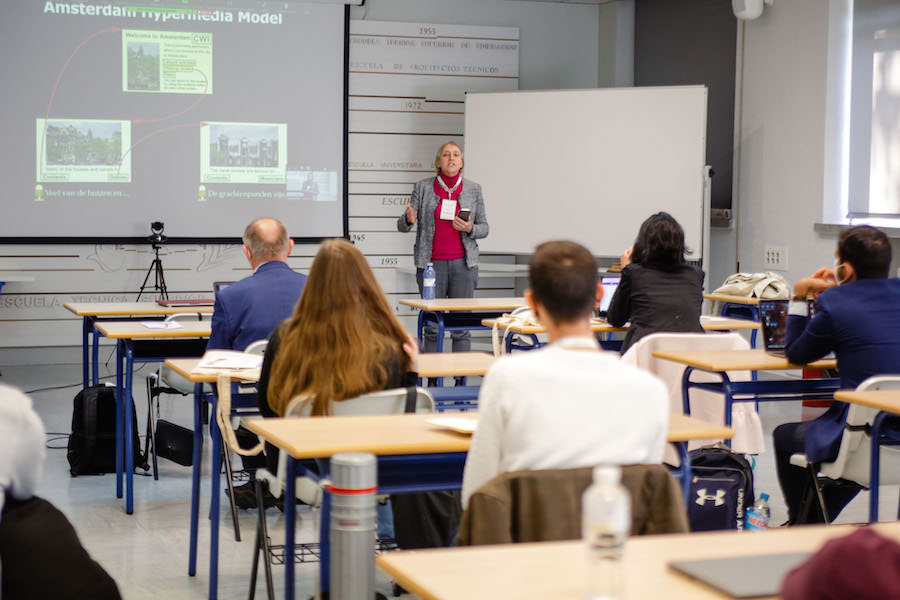
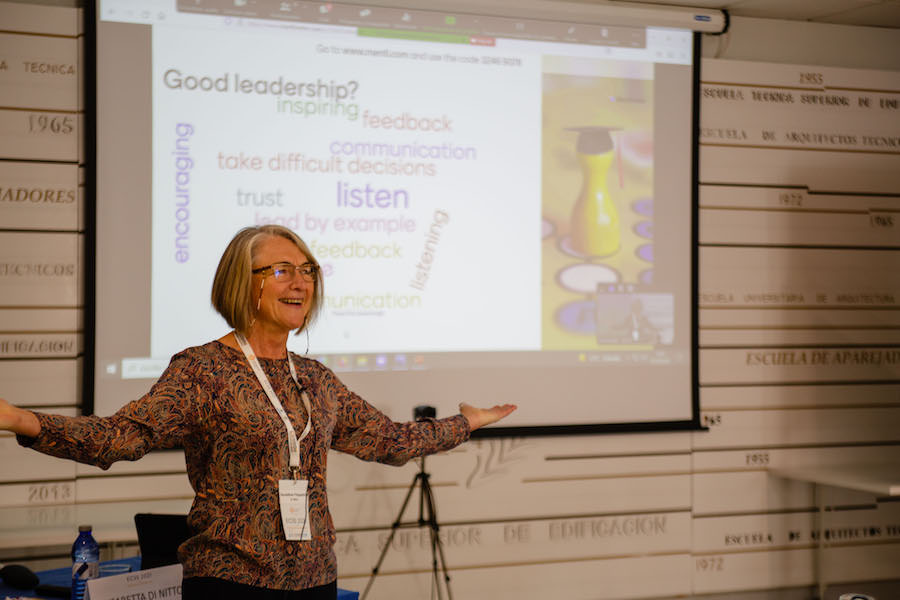
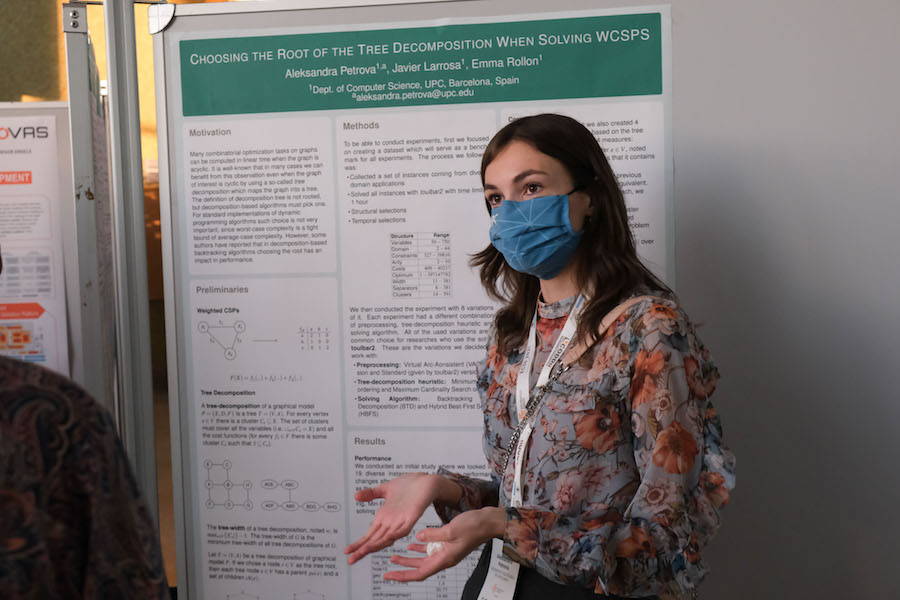
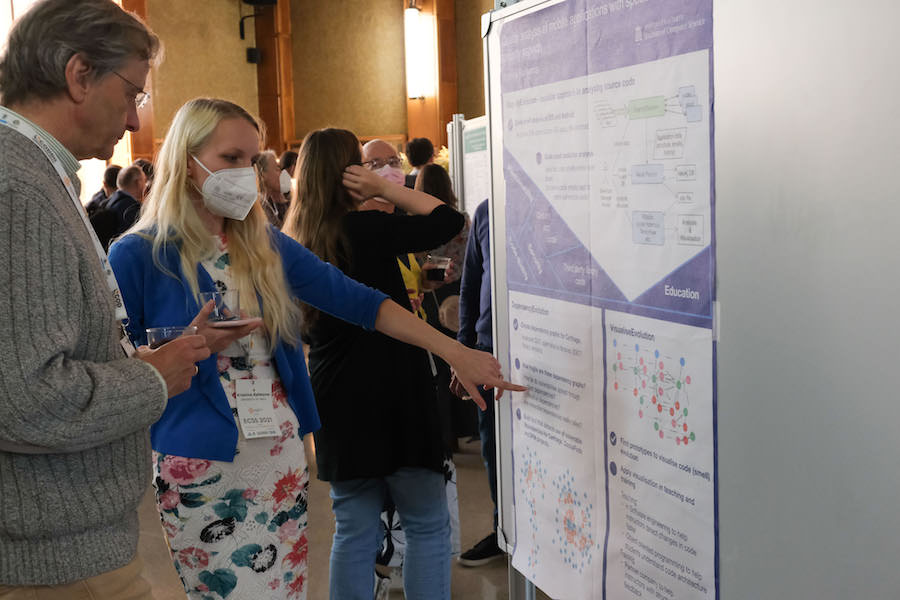
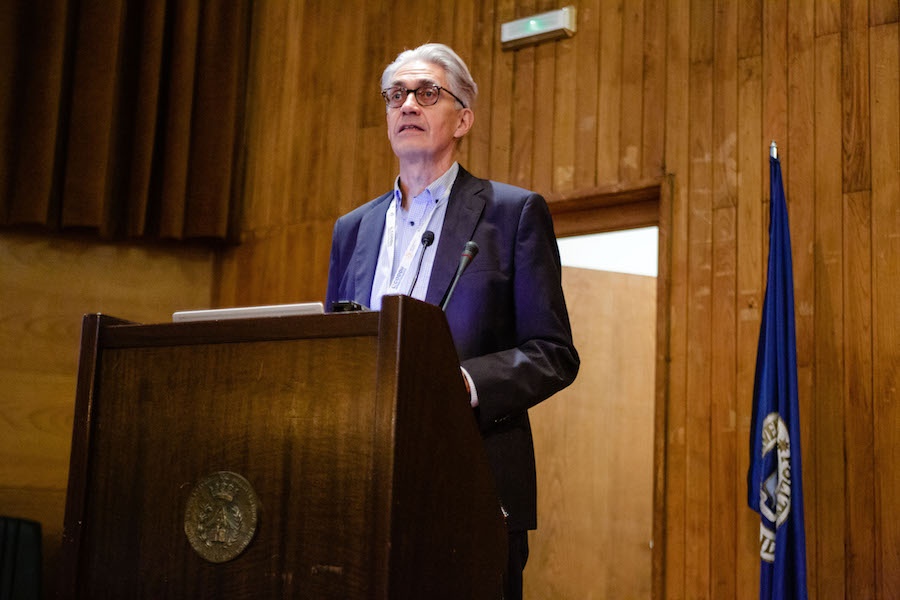
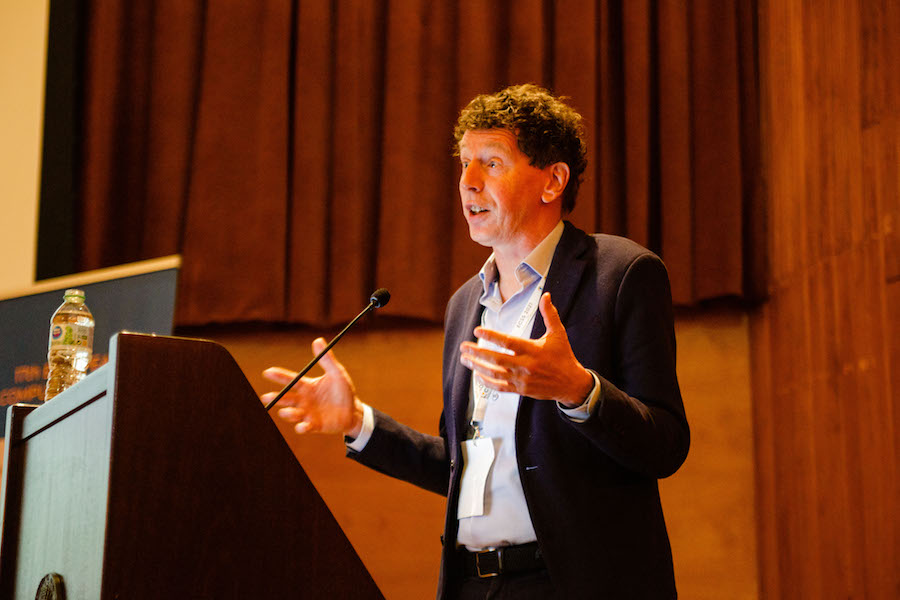
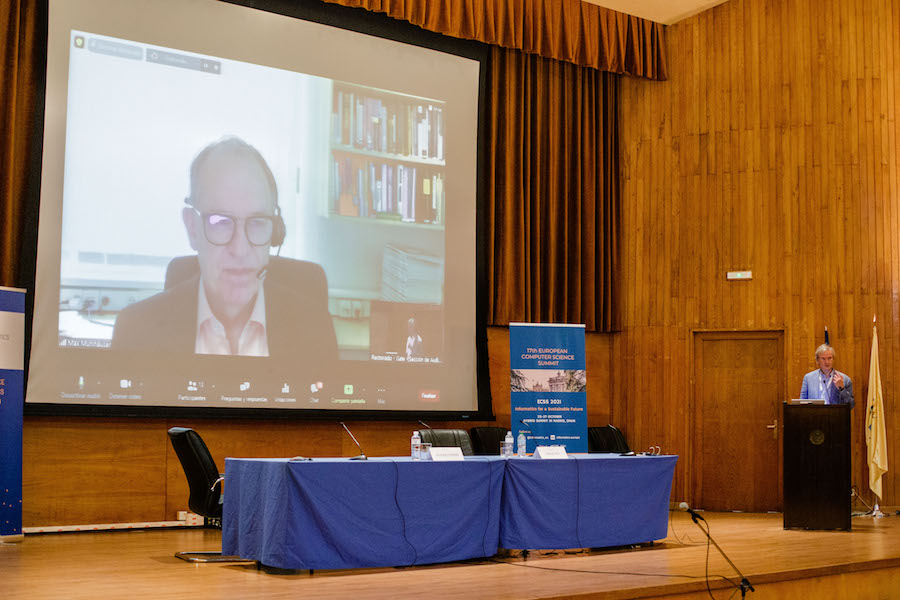
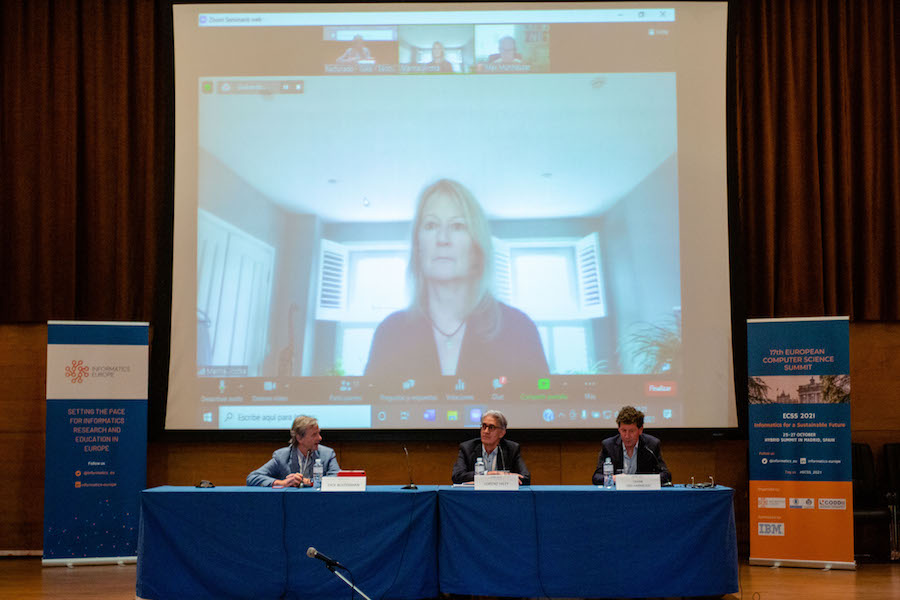
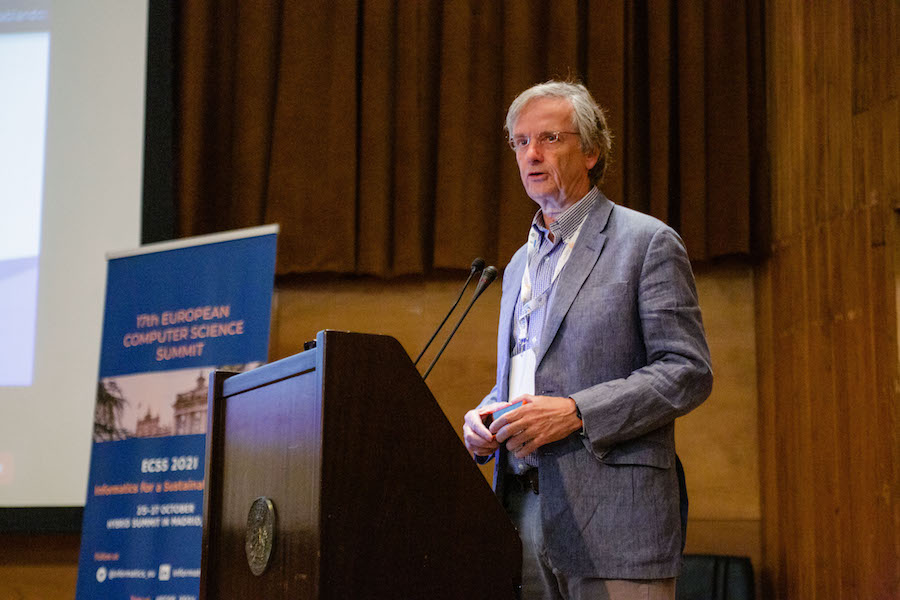
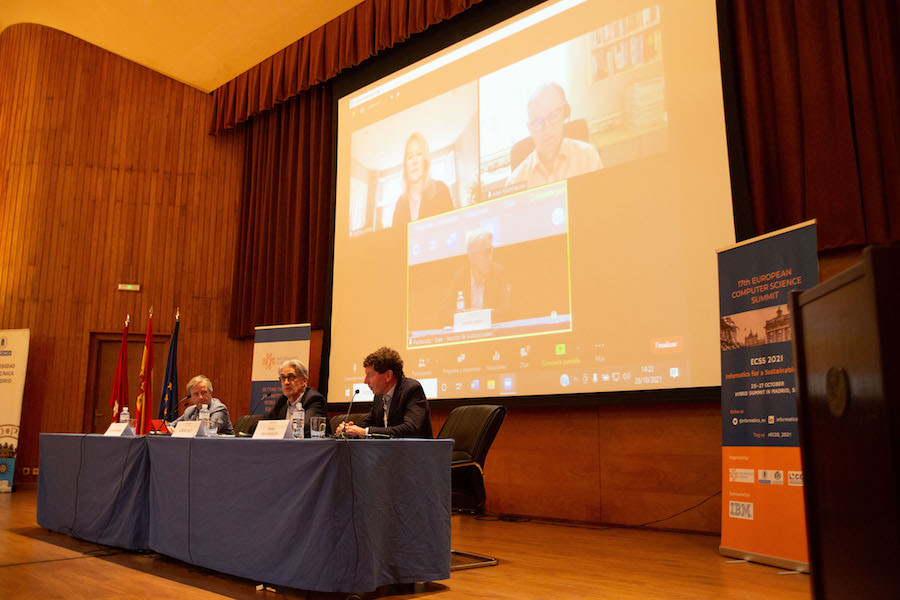
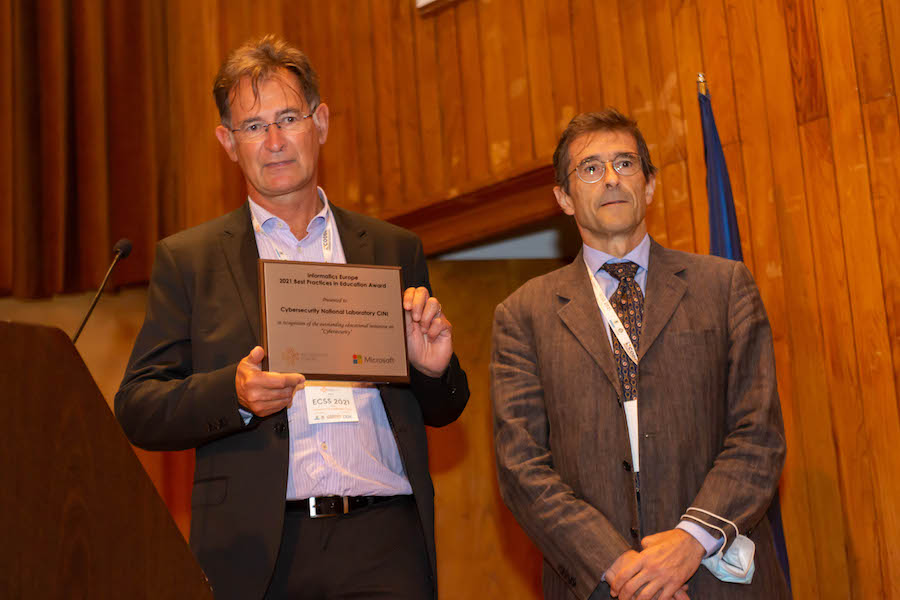
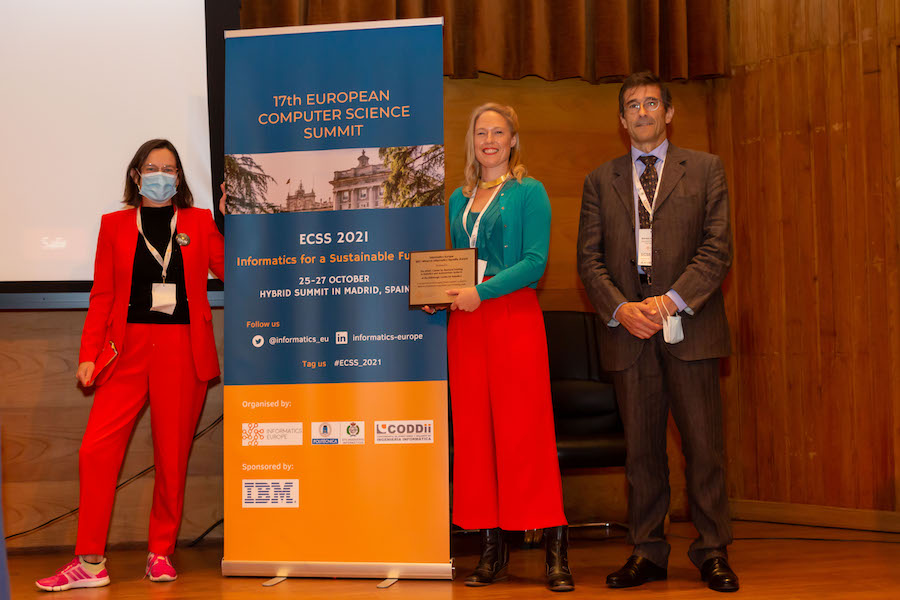
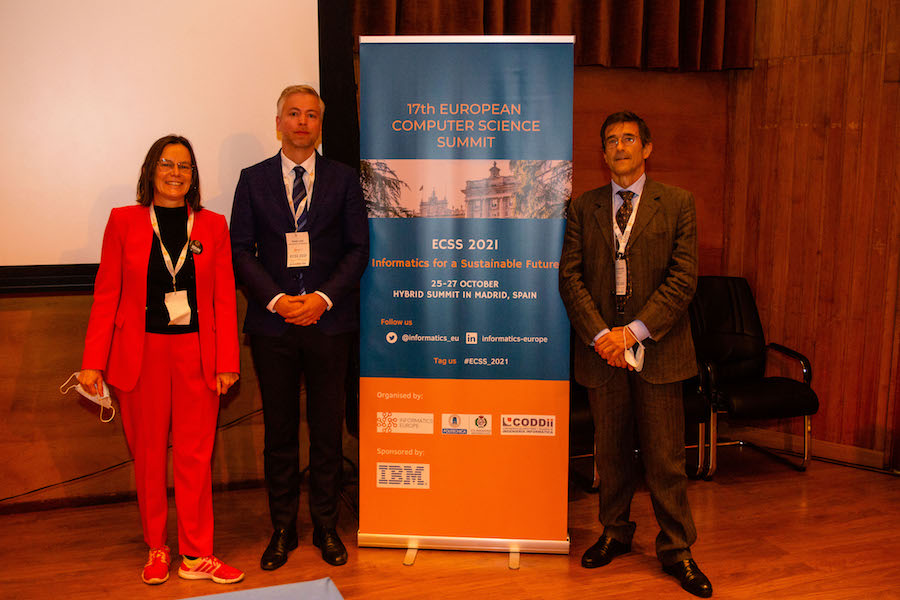
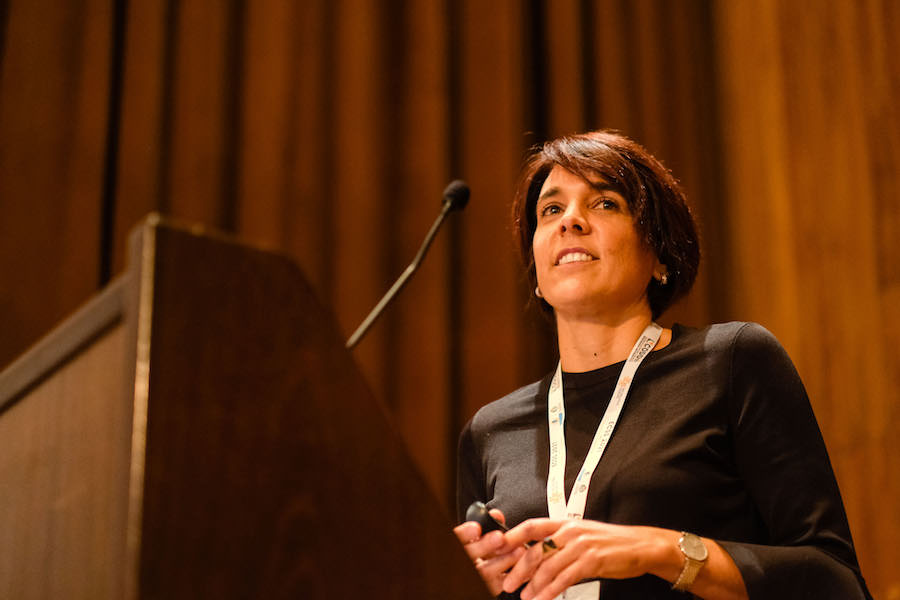
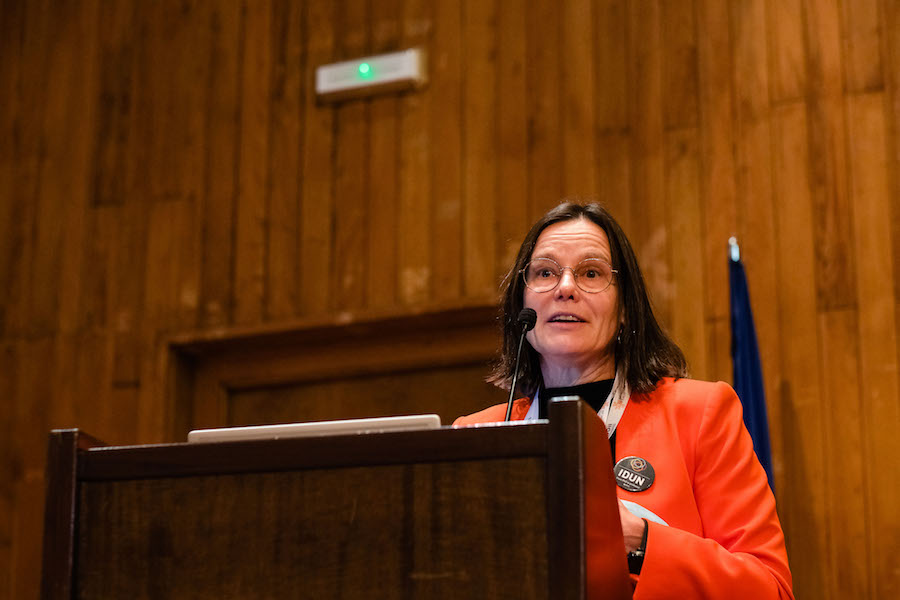
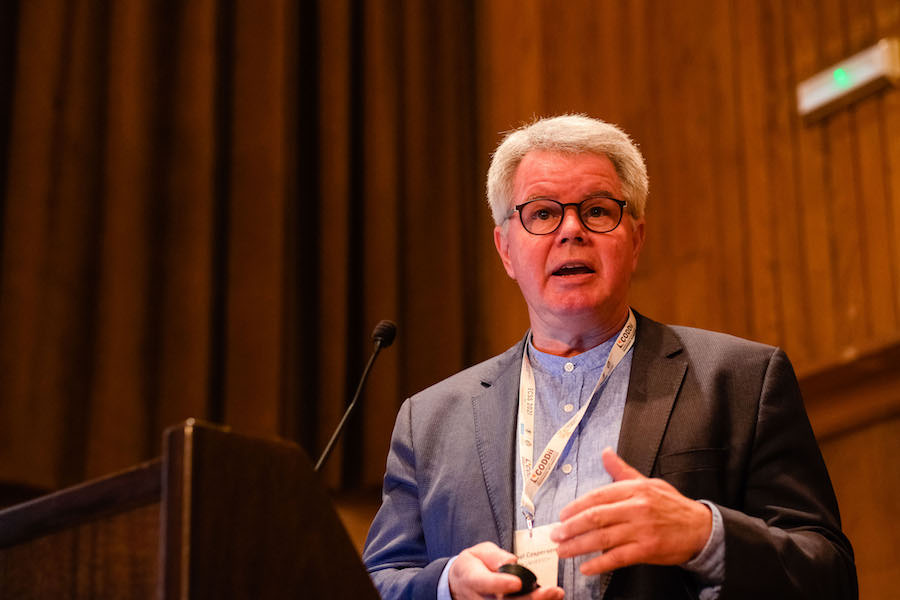
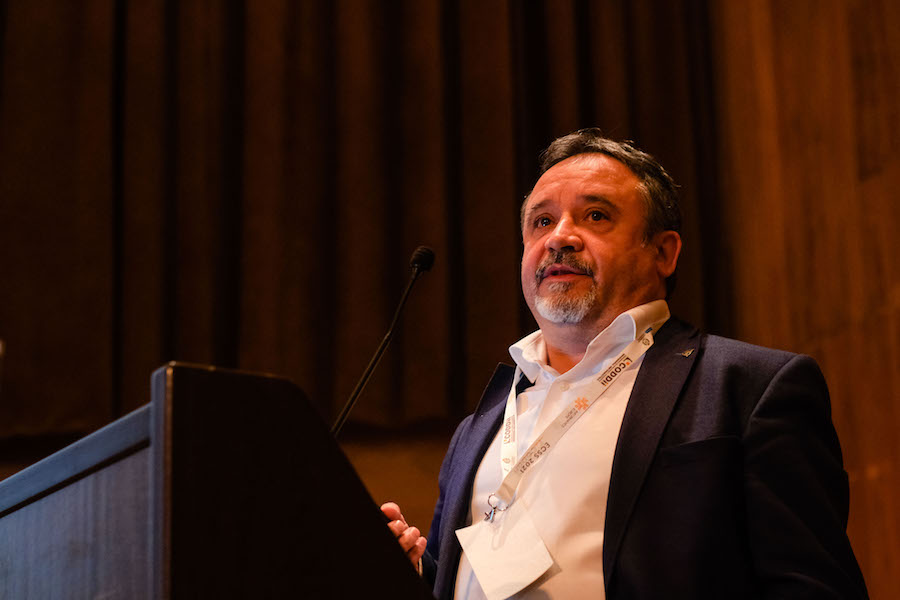
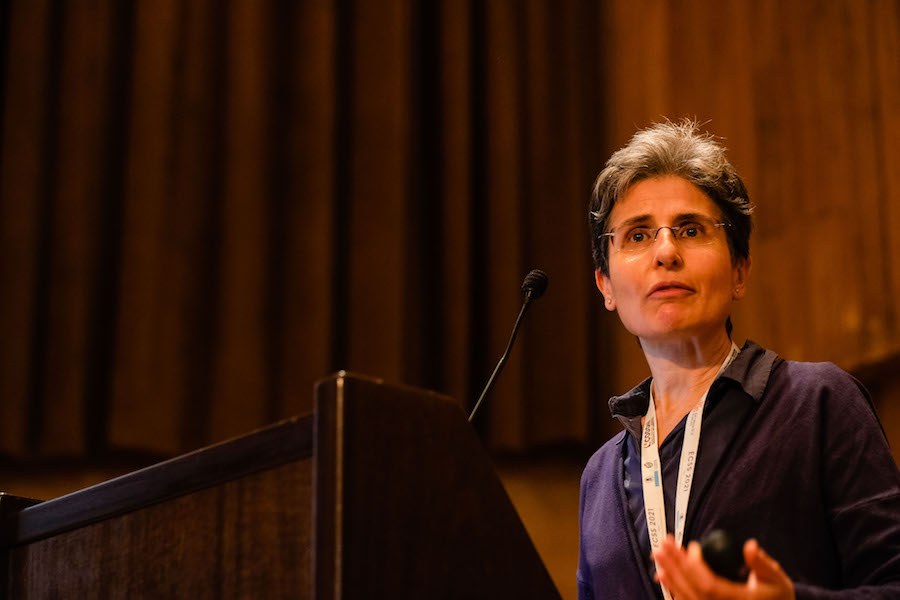
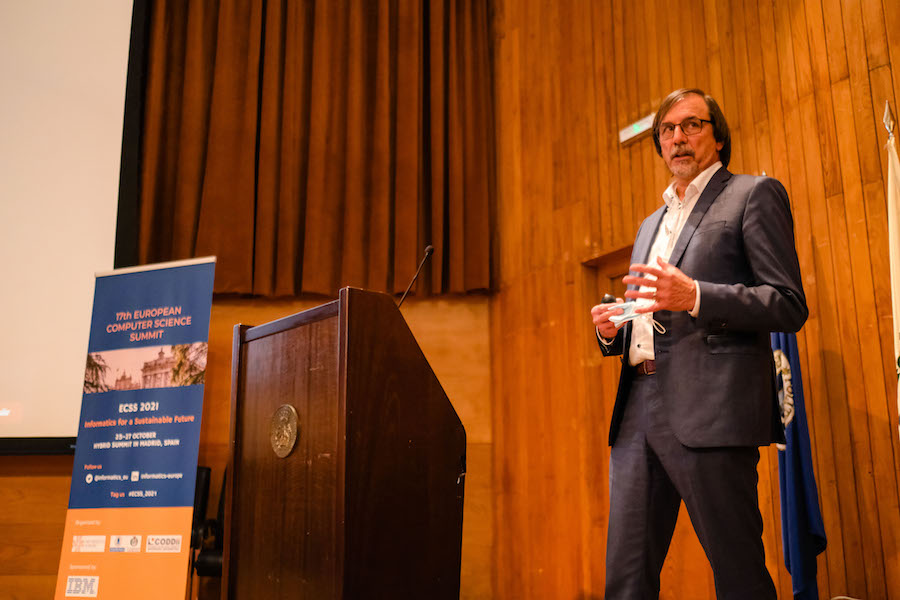
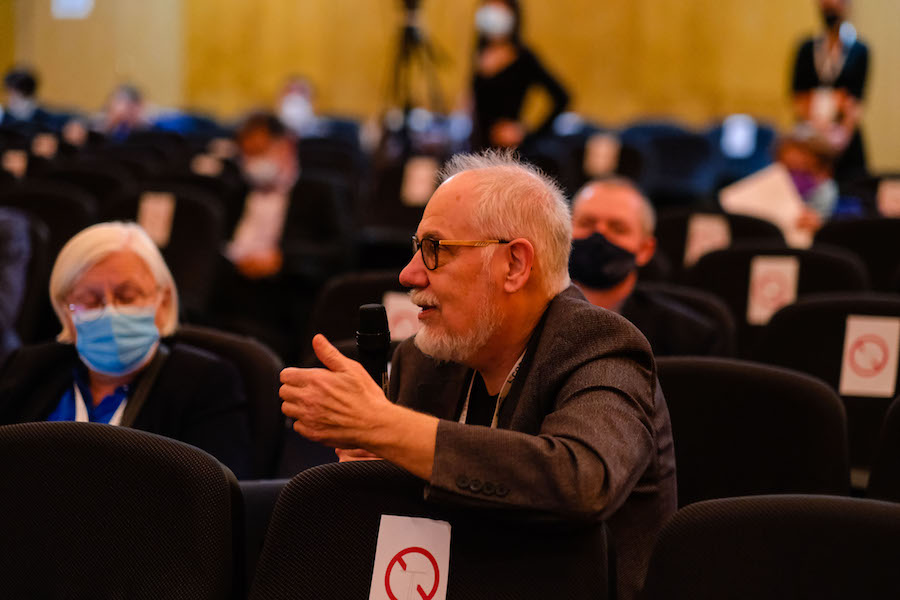
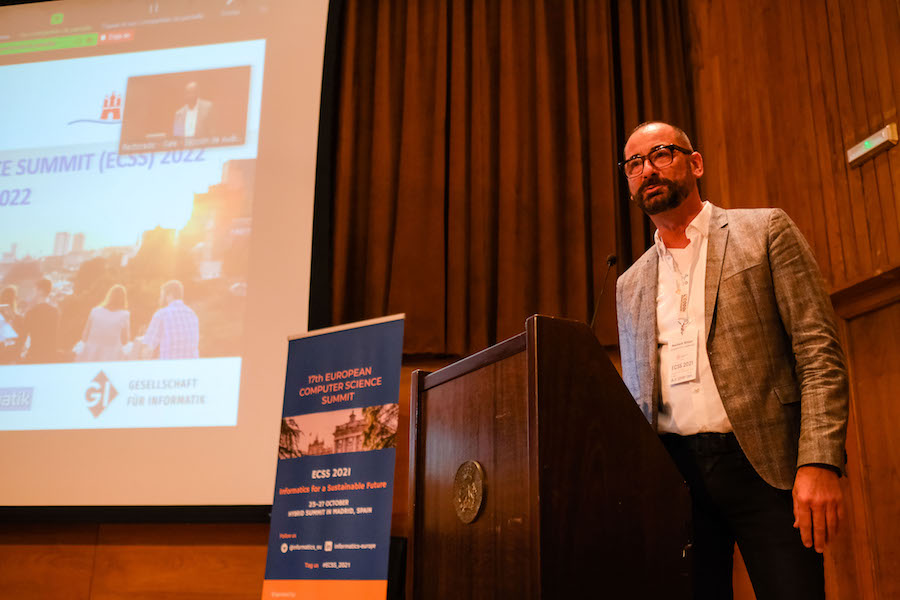
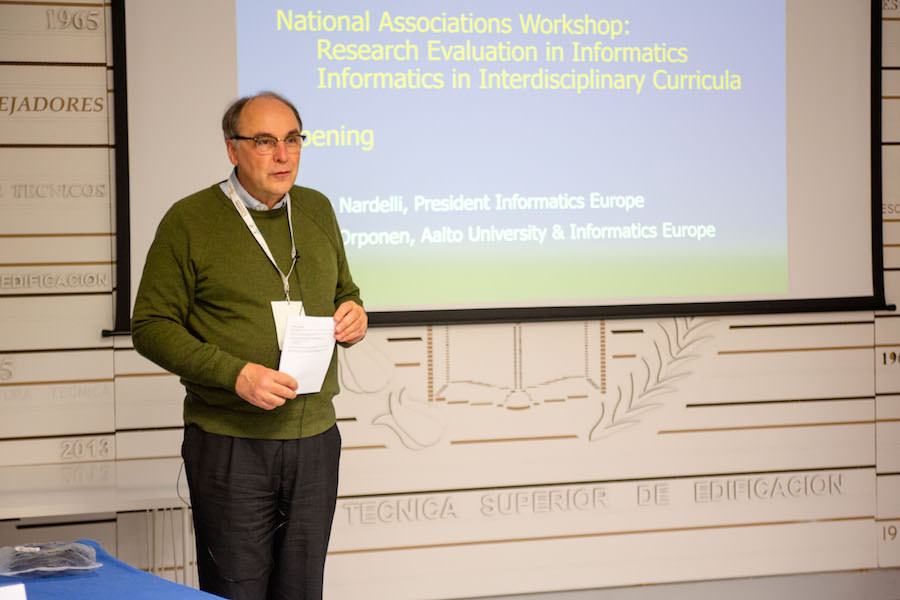
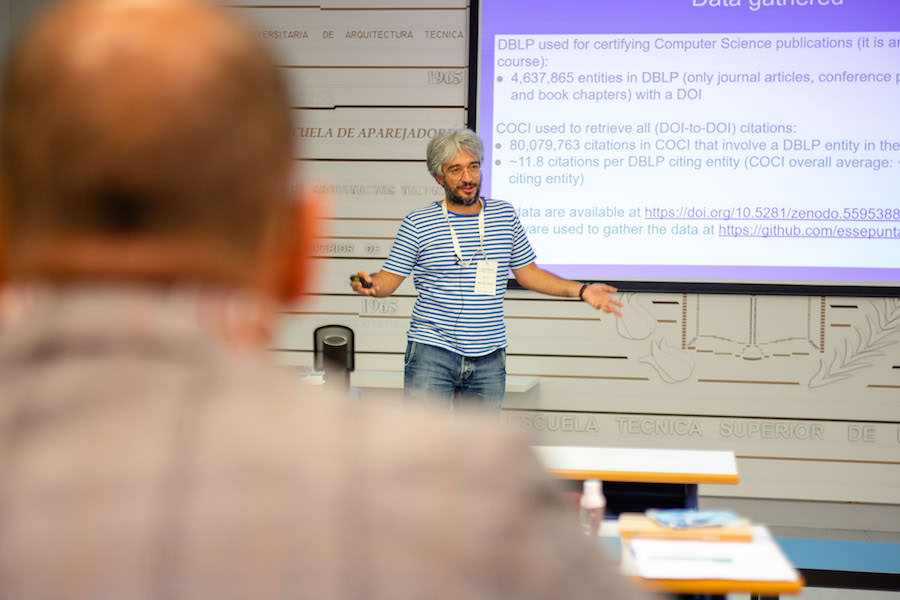
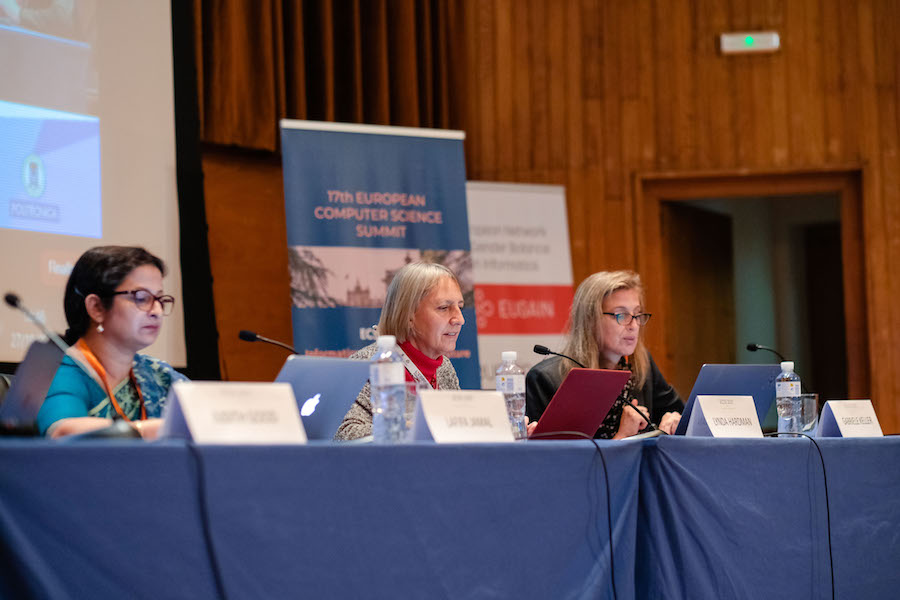
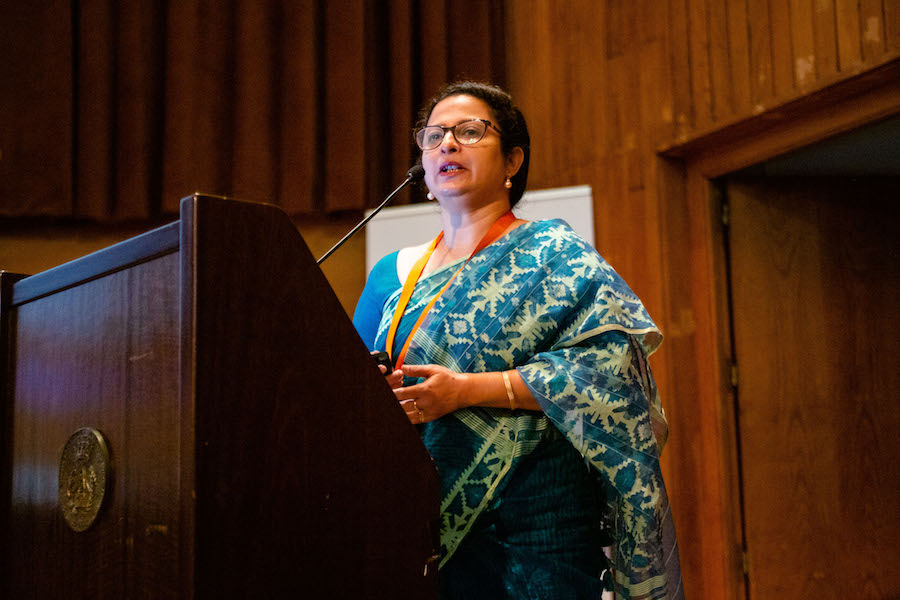
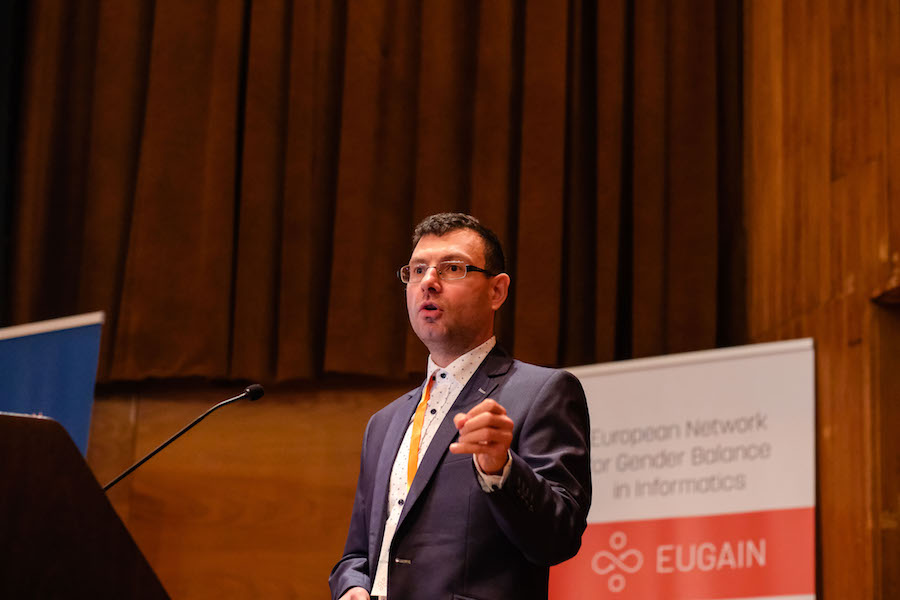
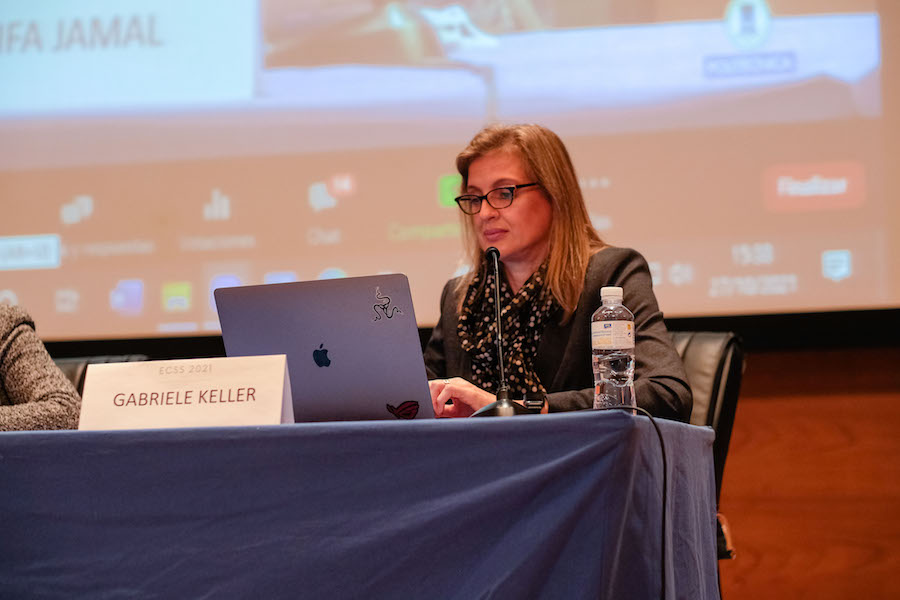
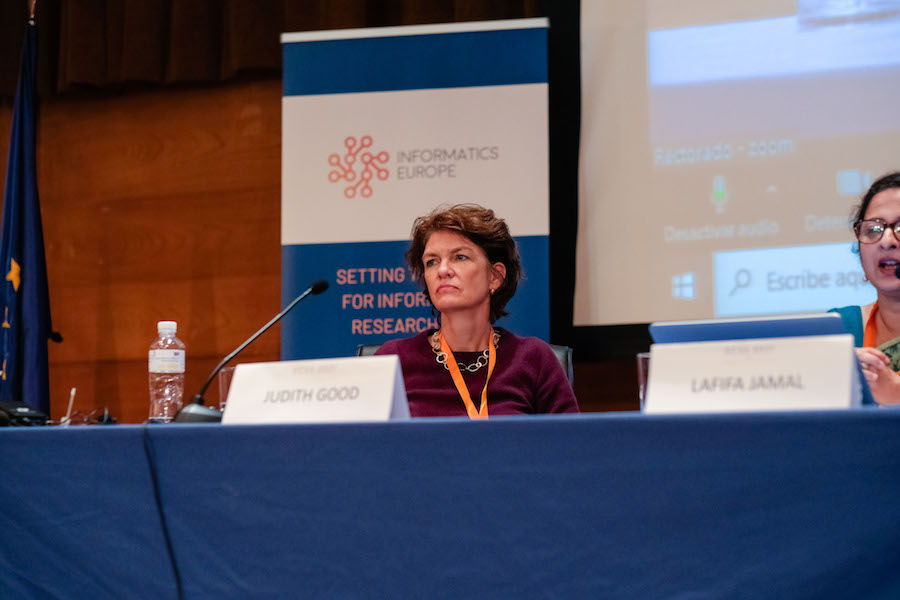
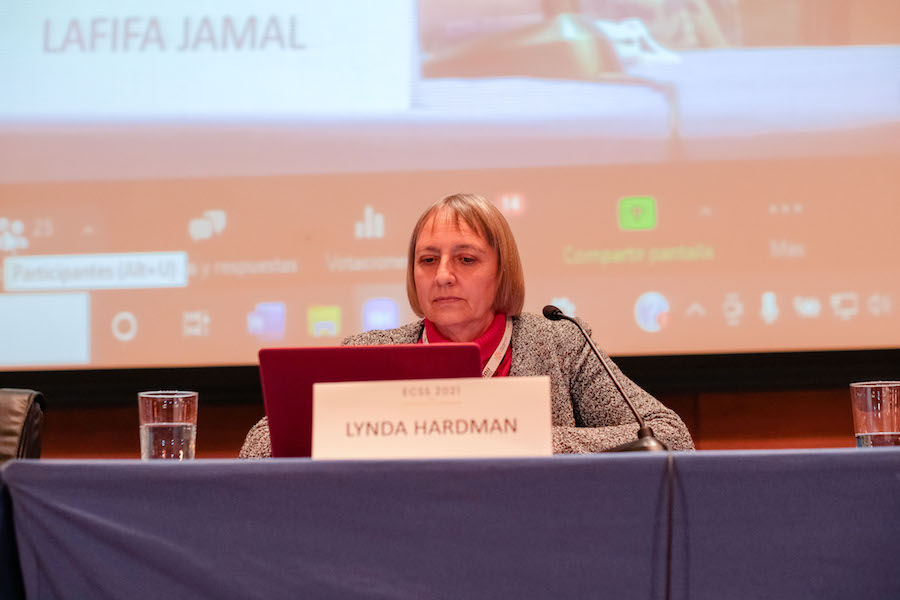
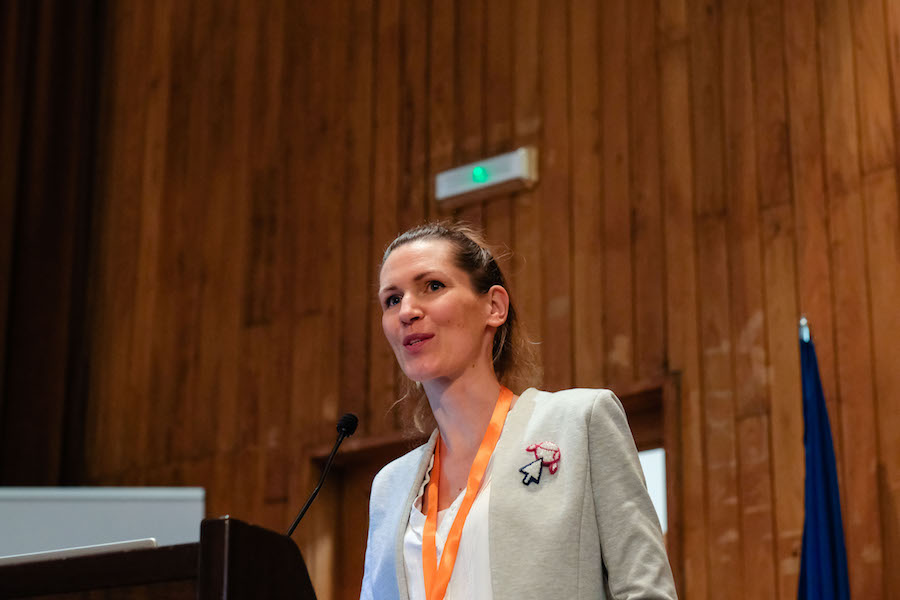
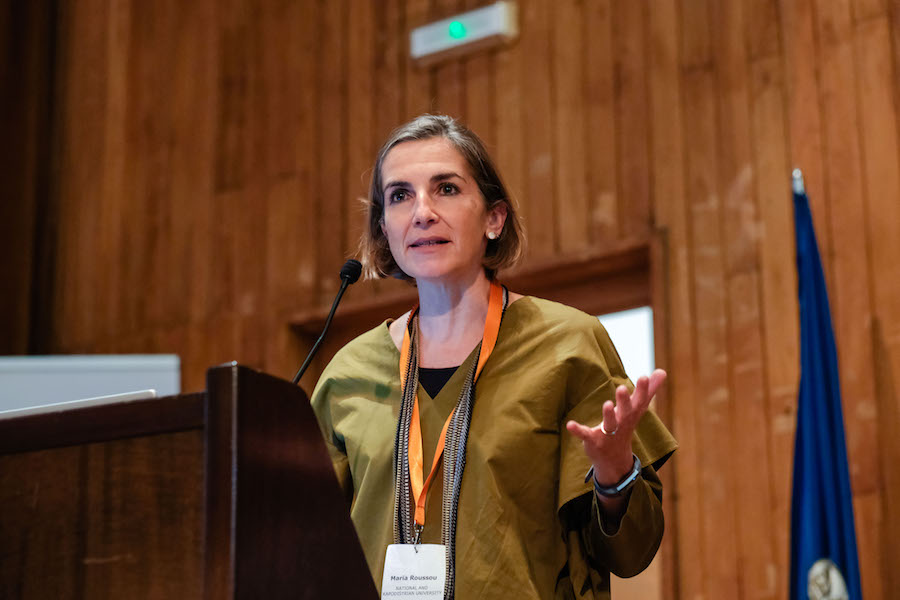
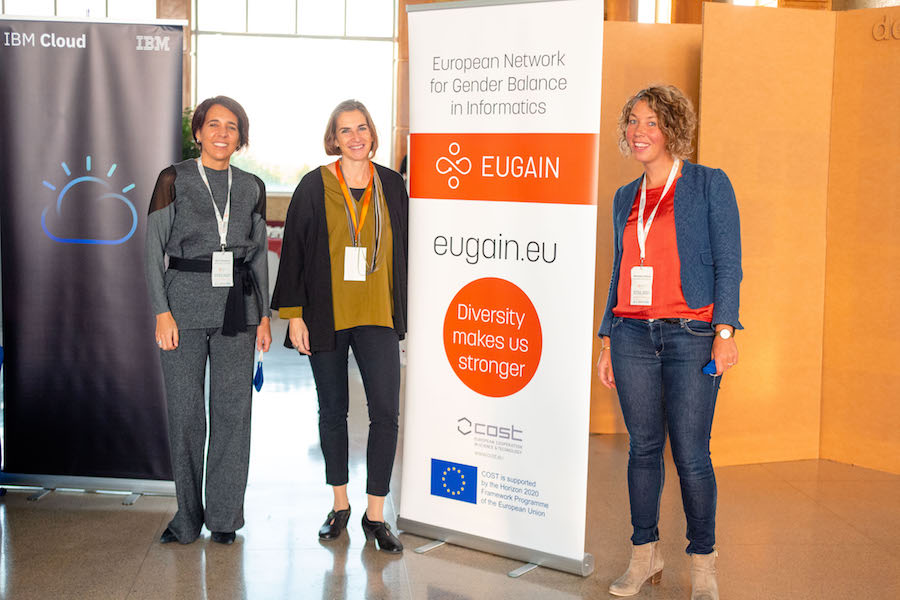
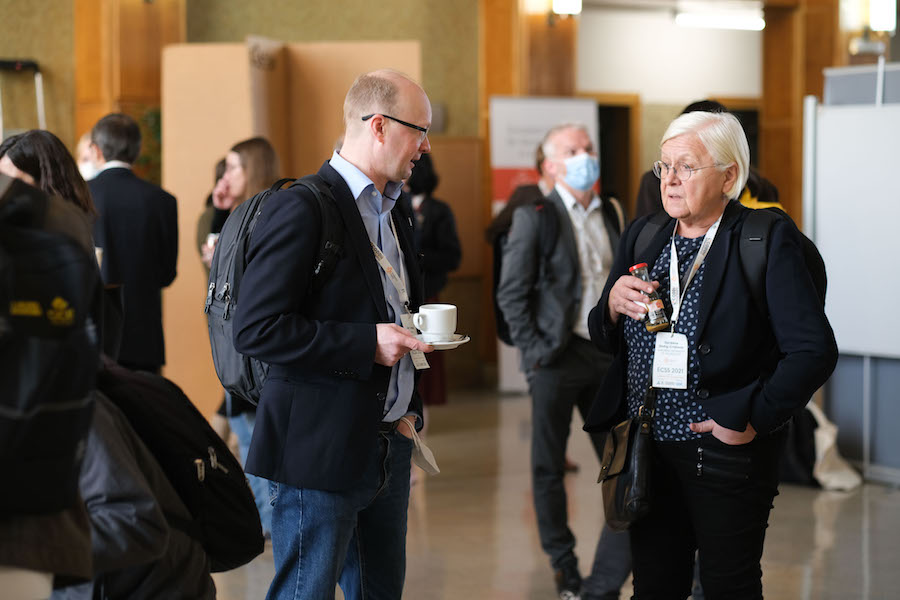
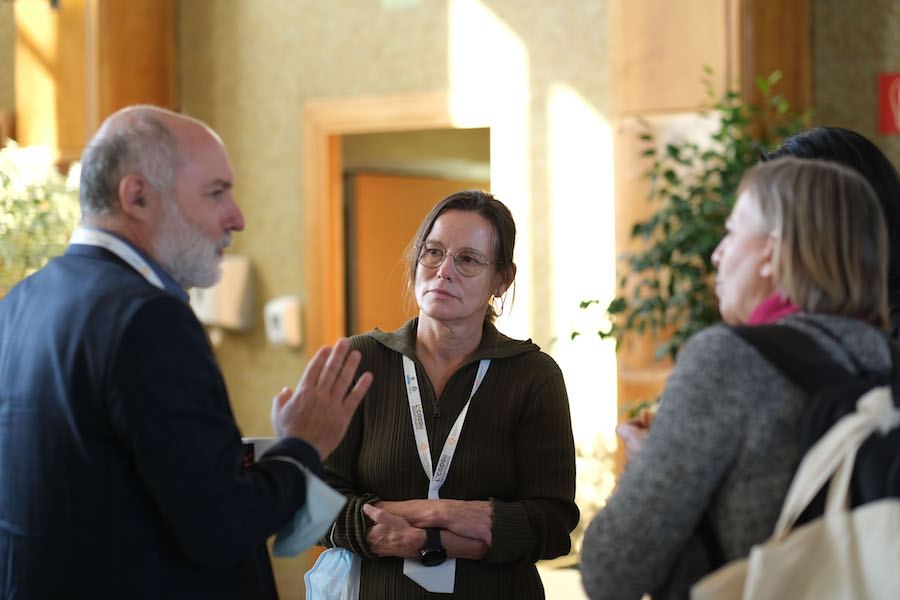















































 Netlogica
Netlogica